Editorial Advisory Board
Commissioning Editor
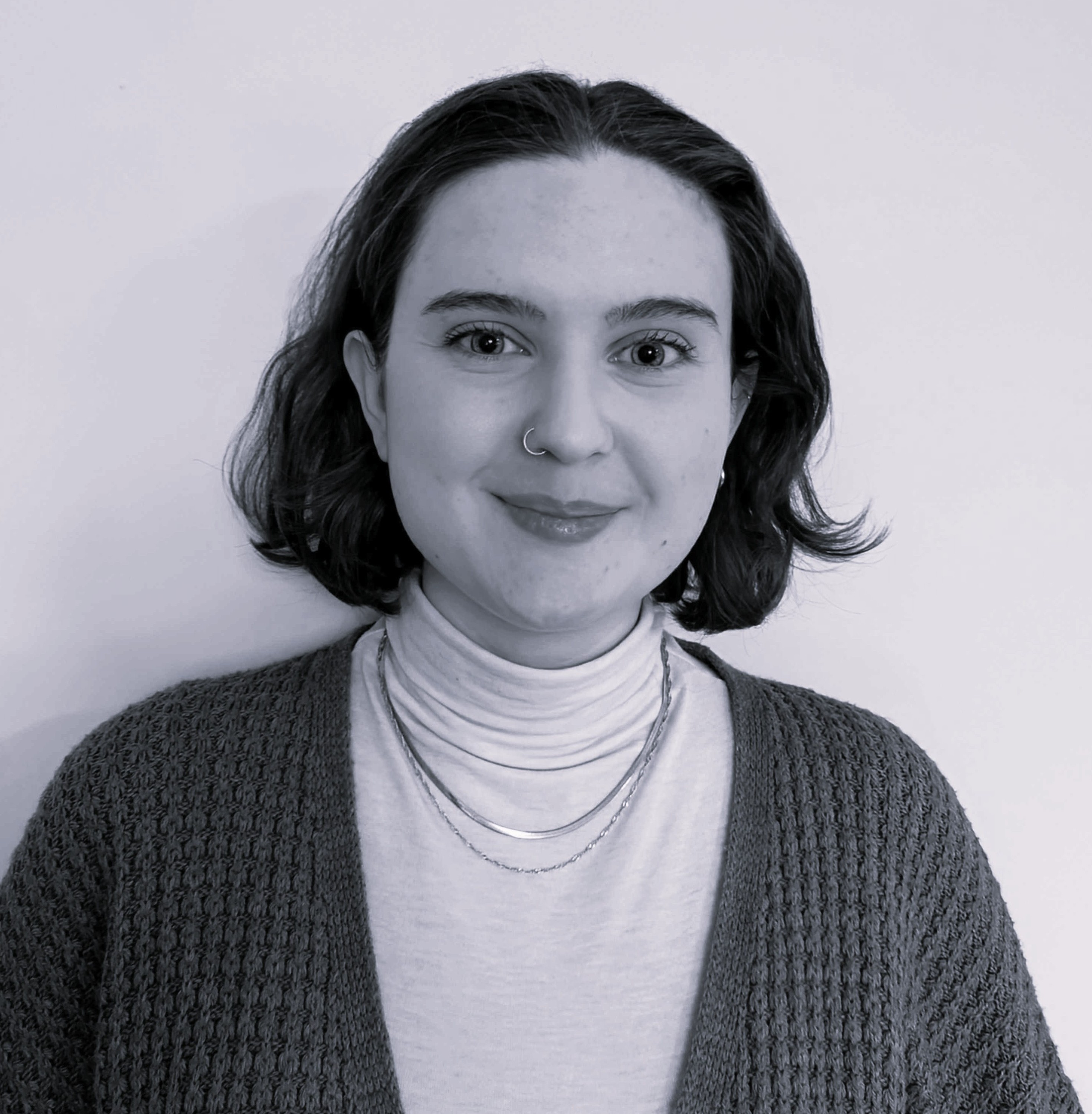
Abigail Pinchbeck
As a commissioning editor with extensive experience in advanced therapy journal publishing, Abi’s focus is on progressing the field by facilitating and disseminating high-impact, open access content covering novel and existing cell and gene therapies.Abi works closely with academic scientists and industry professionals to publish cutting-edge original research, expert reviews, and multimedia content with a translational and interdisciplinary focus. Abi’s key aim is to explore the latest advances in cell and gene therapy R&D, clinical development, manufacturing, and commercialization.
In addition to Abi’s editorial responsibilities, she maintains a strong network of experts across the biotech and pharma industries, staying up to date with emerging trends and breakthroughs in advanced therapies.
Senior Editor

Chris Mason
Professor of Cell & Gene Therapy, Advanced Centre for Biochemical Engineering, University College London
Prof. Chris Mason is a clinician-scientist with over 20 years of cell and gene therapy experience including Full Professor of Regenerative Medicine Bioprocessing at University College London. He has a multidisciplinary track record spanning R&D, clinical medicine, bioprocessing, regulation, healthcare economics, reimbursement and commercialization. He is co-founder of the London Regenerative Medicine Network, trustee of the UK Stem Cell Foundation and on the UK-Israel Science Council. Current SAB appointments include; public and private companies, the UK Cell Therapy Catapult and the Canadian Centre for the Commercialization of Regenerative Medicine. Prof. Mason is a general spokesperson for the cell and gene therapy sector including frequent newspaper, radio and TV interviews plus social media including @Prof_ChrisMason on Twitter.
Editorial Advisory Board
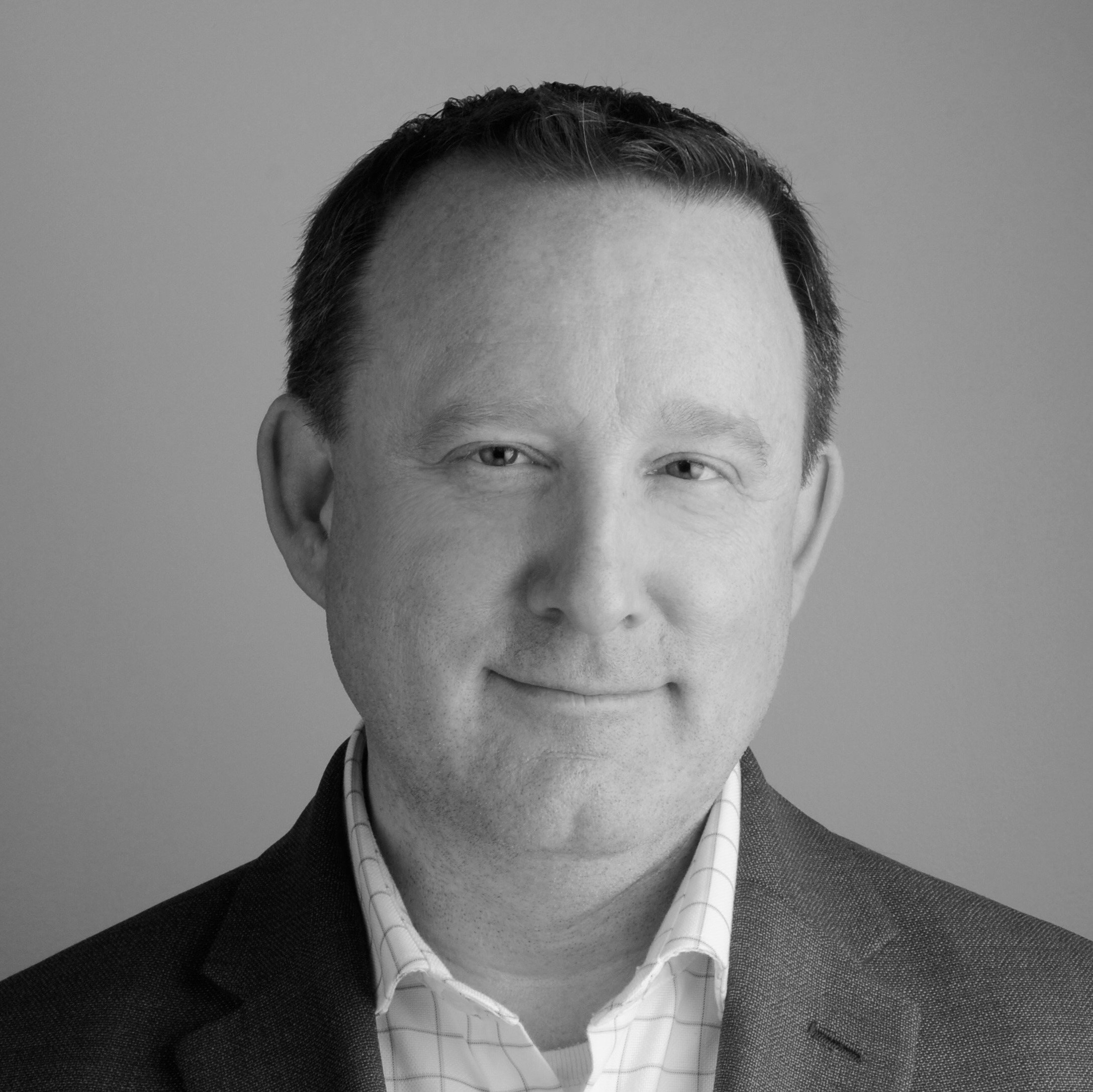
Jason Acker
Professor, Laboratory Medicine and Pathology, University of Alberta; Senior Research Scientist, Canadian Blood Services.
Dr. Acker is a Senior Research Scientist with the Canadian Blood Services and a Professor in the Department of Laboratory Medicine and Pathology, Faculty of Medicine and Dentistry at the University of Alberta, Edmonton, Canada. His research program focuses on understanding the response of cells, tissues and organs to ex vivo storage and the development of methods for their preservation and use as therapeutic products. Dr. Acker’s team applies scientific and technical evidence to support innovative changes in blood product manufacturing, storage and utilization at Canadian Blood Services. Dr. Acker leads efforts to assess new technology, products and processes that can improve the efficiency, quality and safety of blood and cell therapy product manufacturing.
Dr. Acker as the Scientific Secretary with the International Society for Blood Transfusion and is a Scientific Member and Co-Lead with the Biomedical Excellence for Safer Transfusion Collaborative. Dr. Acker is the past-president and a Fellow of the international Society for Cryobiology and is actively involved in consulting with and advising leading companies and organizations on the scientific and technical aspects of biobanking and cell therapy manufacturing. As Co-founder of PanTHERA CryoSolutions Inc., a BioLife Solutions Company, Dr. Acker leads this innovative organization in the development of their novel cryoprotectant technologies for the cell and gene therapy industry.
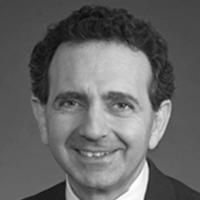
Anthony Atala
G. Link Professor and Director of the Wake Forest Institute for Regenerative Medicine, W.H. Boyce Professor and Chair of the Department of Urology, Wake Forest School of Medicine
Director of the Wake Forest Institute for Regenerative Medicine. His work focuses on growing human organs. Sixteen technologies from his laboratory have been used clinically. His work was listed twice as Time Magazine’s top 10 medical breakthroughs of the year. He was named by Scientific American as one of the world’s most influential people in biotechnology, by Nature Biotechnology as one of the top 10 translational researchers in the world, and he is a recipient of the Smithsonian Ingenuity Award.
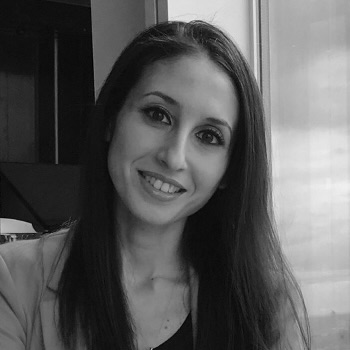
Houria Bachtarzi
Principal Consultant, BIOCELLGENE Consulting Ltd.
Dr Houria Bachtarzi is the Principal Consultant of BIOCELLGENE Consulting Ltd., with strong expertise in the development and regulatory strategic aspects of advanced biological therapies covering virally vectored gene therapy, in vivo and ex vivo gene editing, genetically modified cells for tissue regeneration, genetically engineered immune cells targeting cancer cells, cell-based immunotherapy, stem cell-based therapies; as well as other innovative therapeutic modalities. She started her career by training and registering as a pharmacist in the UK; and completed her PhD in cancer gene therapy at the University of Oxford, Department of Oncology. She subsequently followed up with additional Post-Doctoral work in AAV-based gene therapy and shRNA therapeutics for degenerative neuromuscular disorders at the Centre for Biomedical Sciences, Royal Holloway–University of London.
Prior to founding BIOCELLGENE Consulting Ltd., Houria was a Director of CMC Regulatory Affairs (Consultancy) at Precision for Medicine, acting as an internal and external subject matter expert, to support organizations developing CGT products and biologics for rare diseases and oncology indications. She also held senior positions at product development and regulatory consultancies, notably Associate Director of Regulatory Sciences/ATMP Subject Matter Expert at ProPharma Group and Senior Consultant positions at ERA Consulting (now Cencora PharmaLex), NDA Group and Dark Horse Consulting.
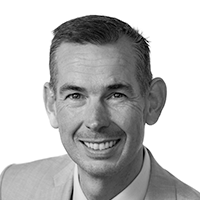
Andrew Baker
BHF Professor of Translational Cardiovascular Sciences, University of Edinburgh
Andrew graduated from the University of London in 1990 with a First Class BSc (Joint Honours) in pharmacology and toxicology and then studied for his PhD with the Leukaemia Research Fund at the University of Wales College Of Medicine, graduating in 1994. He then joined the group led by Professor Andrew Newby for his post-doctoral work in Cardiff and developed adenoviral vectors for gene delivery studies in the cardiovascular system. He then transferred to a lectureship at the University of Bristol (Bristol Heart Institute) to continue studies on adenovirus-mediated gene transfer to assess vascular function and gene therapy. In 1999, Dr. Baker joined Professor Anna Dominiczak at the University of Glasgow as a Senior Lecturer in Molecular Medicine, then as Reader and in 2005 as Professor of Molecular Medicine. Andrew was awarded the Blandsford Prize (1990) in pharmacology and the “Update in Thrombolysis Research” (Berlin, 1998) for his publication entitled “Divergent effects of tissue inhibitor of metalloproteinase-1, -2 or -3 overexpression on rat vascular smooth muscle cell invasion, proliferation and death in vitro: TIMP-3 promotes apoptosis” which was published in the Journal of Clinical Investigation. In 1999, he was awarded the British Cardiac Society Young Investigator Research Prize for his work “Gene therapy for vein grafting: Tissue inhibitor of metalloproteinases-3 (TIMP-3) inhibits neointima formation in vitro and in vivo in part by promoting apoptosis”. He was awarded the MakDougall-Brisbane prize from the Royal Society of Edinburgh in 2008 and a fellowship from the Society in 2010. Also in 2010 he was awarded an Outstanding Achievement Award from the European Society of Cardiology and in 2011 received a Royal Society Wolfson Research Merit Award. From August 2010 to November 2011 he was Acting Director of the Institute for Cardiovascular and Medical Sciences at the University of Glasgow and in 2011 he was awarded a British Heart Foundation Chair of Translational Cardiovascular Medicine. In 2015 he was awarded a Fellowship of the Academy of Medical Sciences and from 1st October, 2015 Andrew relocated his BHF Chair to the Centre for Cardiovascular Science at the Queen’s Medical Research Institute, University of Edinburgh, UK. He became Head of Cardiovascular Science June 2017.
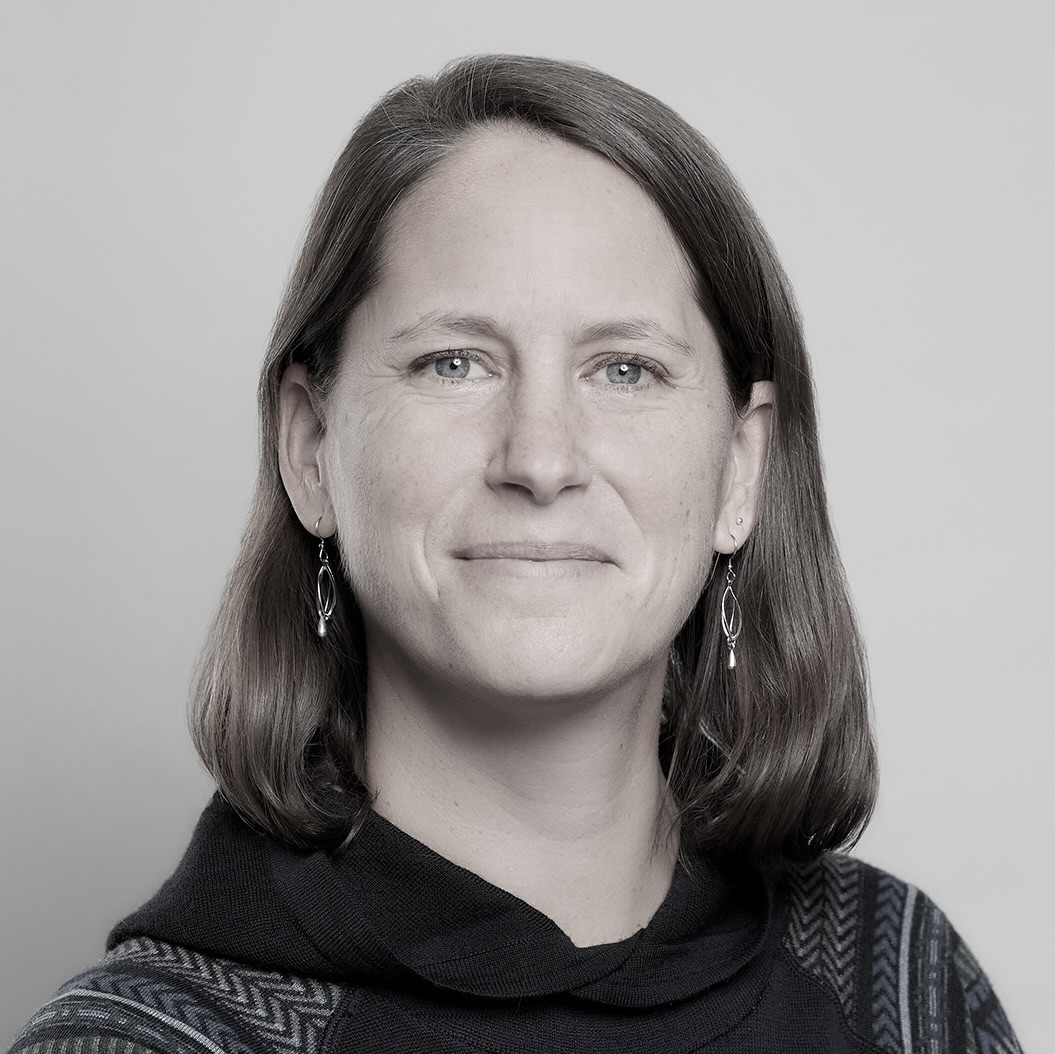
Nina Bauer
Chief Business Officer, SmartCella
A trained Neuroscientist, Nina’s career quickly centered on the Cell and Gene Therapy space, holding various technical and commercial roles at the Scottish Center for Regenerative Medicine (Edinburgh, UK) and the Cell and Gene Therapy Catapult (London, UK). She deepened her global commercial experience establishing Lonza’s autologous Cell Therapy Business and strategic positioning by incorporating the Cocoon™ technology with a vision for near-patient manufacturing (Basel, CH), as well as leading commercial teams at MilliporeSigma/Merck KGaA (Boston, USA) focusing on the Cell Therapy product portfolio, Gene Therapy manufacturing services and CRISPR IP licensing. Aside from large corporate and public sector leadership roles, Nina established her start-up and C-suite acumen as the Chief Commercial Officer for FloDesign Sonics (Wilbraham, USA), leading to the company’s acquisition by MilliporeSigma, as well as a wide range of advisory board engagements.
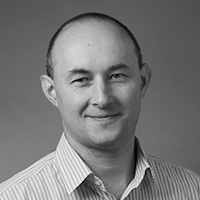
Alexey Bersenev
Director, Cell Therapy Processing/Advanced Cell Therapy Labs, Yale University
Dr. Bersenev received his medical education and certification as a general surgeon in Russia. He holds a PhD in transplantation/ pathology. He gained expertise in immunology, hematology, stem cell biology and published scientific papers during post-doctoral training in the US in Philadelphia at the Thomas Jefferson University and the Children’s Hospital of Philadelphia. He worked as a cell manufacturing specialist at the University of Pennsylvania and trained in clinical cell processing in a GMP cell manufacturing facility and was involved in the manufacture of CAR T-cell products for clinical trials and technology transfer to industry. He has expertise in clinical manufacturing of cellular products for clinical trials, including product and process development, cell processing and culture, operations of academic GMP facility and compliance with regulations. In addition to his position as Director of the Advanced Cell Therapy Lab at Yale-New Haven Hospital, he is an Assistant Professor of Clinical Laboratory Medicine at the Department of Laboratory Medicine at Yale University.
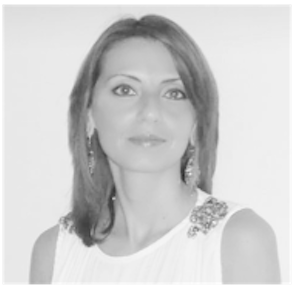
Barbara Bonamassa
Quality Assessor for ATMPs & CAT Alternate Member (EMA), Italian Medicines Agency (AIFA) - Innovation and Pharmaceutical Strategy Division (Rome – Italy)
Dr. Barbara Bonamassa holds a 3-year Bachelor’s degree in Biological Sciences and a 2-year Master’s degree in Cellular and Molecular Biology from the Alma Mater Studiorum - University of Bologna, Italy. Further to undergraduate studies, she obtained her PhD in Pharmacology and Toxicology at the same University. She has then joined national laboratories and the University of Pittsburgh, School of Pharmacy (PA, USA) as a postdoctoral researcher supported by several national and international fellowships. Her focus has been on the study of gene expression regulation, the development of viral and non-viral gene delivery/transfer techniques as well as the identification of genes coding for therapeutic proteins and the illustration of their mechanisms of action, conducting basic research in cell culture and animal models. After earning a II level master degree in Drug Regulatory Affairs and an advanced study course degree in Statistical Methods for the Biomedical Research and Practice from the University of Rome “Sapienza” (Italy), she has joined the Italian Medicines Agency (AIFA). There, she serves as quality assessors for Advanced Therapy Medicinal Products (ATMPs). Currently, she is the Italian Committee for Advanced Therapies (CAT) alternate member at the European Medicines Agency's (EMA). Also, she is a quality assessor for biotherapeutic products within the WHO Prequalification Team – Medicines Assessment Team (PQT/MED).
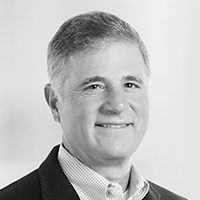
Gregory Bonfiglio
Managing Partner, Proteus Venture Partners
Founder and Managing Partner of Proteus, LLC – an investment and advisory firm focused solely on Regenerative Medicine. Formed in 2006, Proteus provides fund management and consulting services to the regenerative medicine industry. Proteus works with cell and gene therapy companies across all stages of development from early stage entities to large public companies, as well as governmental organizations pursuing RM initiatives. Mr Bonfiglio serves on the Board of Healios KK, one of the largest publicly traded RM companies in Japan. He is on the Investment Committee of the Centre for Commercialization of Regenerative Medicine (RM Translation Center in Toronto, Canada). He is on the Advisory Board of BioBridge Global (RM Translation Center in San Antonio, Texas). He is on the ISSCR Finance Committee. Mr Bonfiglio was an early investor in the RM field, and he continues to be actively involved in the space. He has over 35 years’ experience working with technology companies. He received his BA in Mathematics (magna cum laude) from Michigan State University in 1975, and his JD (magna cum laude) from the University of Michigan Law School in 1981.
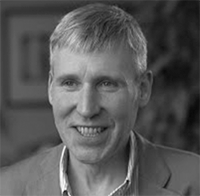
Christopher Bravery
Director, Consulting on Advanced Biologicals
Consulting regulatory scientist, Advbiols Ltd Christopher founded Advbiols Ltd at the end of 2009 in order to focus his activities within the Regenerative Medicine sector. Advbiols Ltd provides EU regulatory services to the regenerative medicine industry in addition to business and regulatory research and analysis to identify and focus on the real barriers to commercialisation of regenerative medicine. Christopher has a PhD in xenotranplantation immunology and spent 8 years in biotech (Imutran Ltd, A Novartis Pharma AG Co. and Intercytex) before joining the MHRA as a quality (CMC) assessor (biologicals and biotechnology unit). During this time Christopher was involved with National implementation of the new Advanced Therapies Regulation and also involved through his participation in the CHMP’s cell products working party (CPWP) in implementation at the EMA level including drafting guidelines.
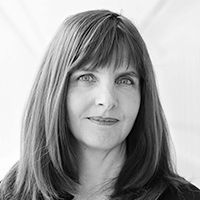
Tania Bubela
Professor & Dean of the Faculty of Health Sciences, Simon Fraser University
Dr Bubela is Professor and Dean of the Faculty of Health Sciences at Simon Fraser University, a Fellow of the Royal Society of Canada (2019) and a Fellow of the Canadian Academy of Health Sciences (2018). Previously she was Professor, School of Public Health and Adjunct Professor, Alberta School of Business at the University of Alberta, Canada. She holds a PhD in biology from the University of Sydney and a JD from U Alberta. She joined the faculty of U Alberta in 2004 after clerking at the Supreme Court of Canada and being admitted to the Law Society of Alberta in 2005. Her research program in intellectual property and health law related to translational biomedical research brings together her legal training and a PhD in biology and expertise in genetics and molecular biology. It focuses on large collaborative science networks in genomics, gene therapy, and stem cell biology, addressing barriers to the effective translation of new technologies. These are varied and include ethical issues, effective communication of risks and benefits among stakeholder groups, commercialization and regulation. She provides advice for government health and science agencies as well as life sciences research communities, and patient organisations. Her research is funded by Canadian Institutes of Health Research, the Canadian Stem Cell Network, Genome Canada, and Alberta Innovates, BioCanRx, and the Michael Smith Foundation for Health Research, among others. She co-leads CLEONet, funded by Genome Canada and others, on implementation of precision oncology in Canada. She has over a hundred publications in law, ethics and biomedical journals including Nature, Nature Biotechnology, Cell Stem Cell, PLoS Biology, Trends in Biotechnology, American Journal of Bioethics, Science and Science Translational Medicine.
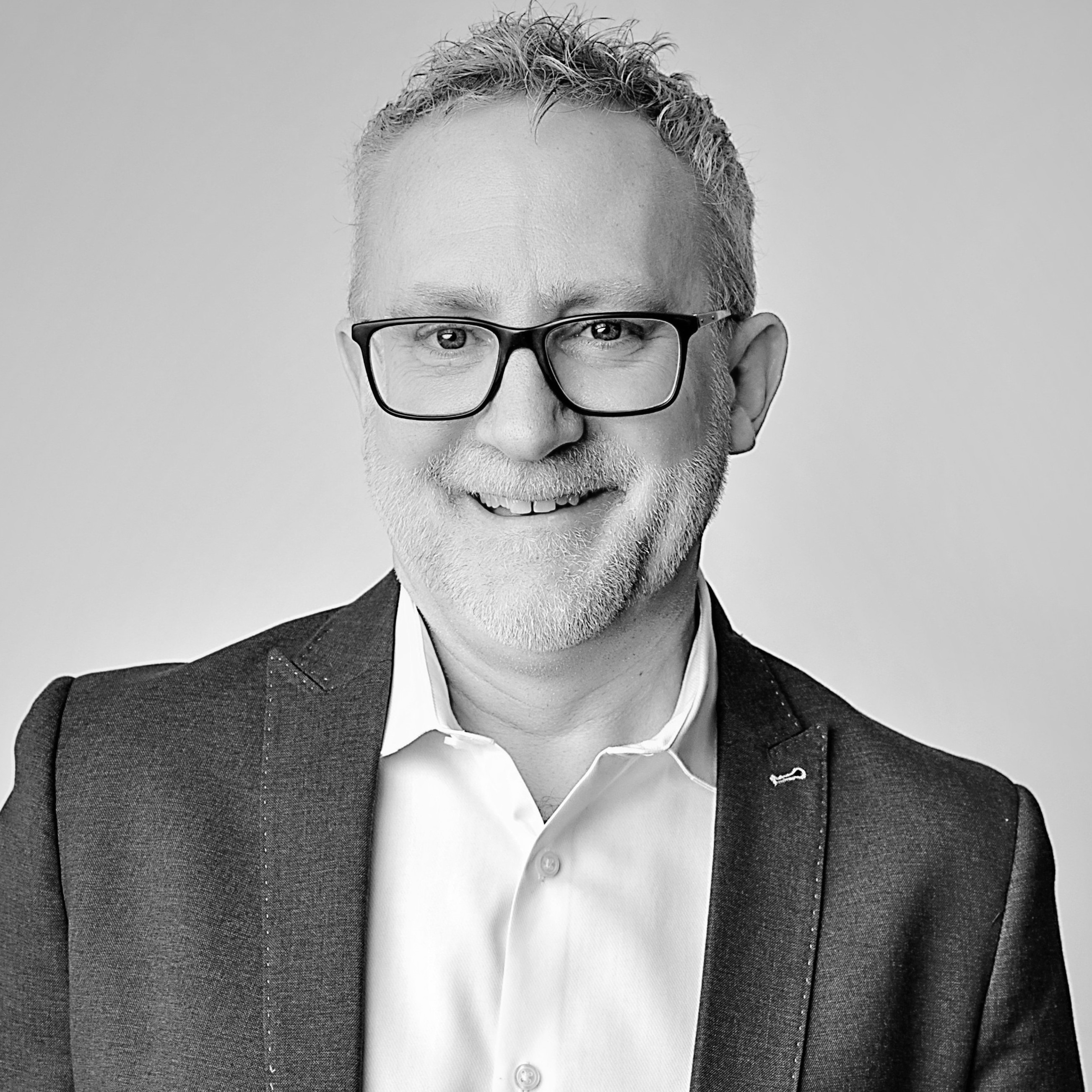
Lee Buckler
Managing Director, Cell Therapy Group of HighMont Advisors, Inc; Senior Vice President, Advanced Therapies, Blood Centers of America
Lee is an experienced senior executive and corporate director within the biotechnology sector with his deepest expertise being in the cell therapy and regenerative medicine sector particularly within the American and Japanese markets. His management experience includes C-suite, senior management and Board roles in public and private biotech companies as well as non-profit organizations. He provides board, management, and strategic advisory services to public and private bio-pharma companies and organizations in Canada, the United States, Middle East, Japan, and Europe. He is a co-founder and owner of several start-ups as well as an investor. To any project he works on, Lee brings extensive deal-negotiating and structuring experience, strong scientific knowledge, operational expertise, and a well-developed network of relationships within pharma-biotech and investment communities around the globe. Lee’s current role with Blood Centers of America aims to leverage the broadly distributed infrastructure and deep biomaterials collection, processing, and hospital supply experience of independent blood centers across the United States to enable broader access of advanced therapies to hospitals and patients. Lee holds a Bachelors of Education and a JD from the University of British Columbia.
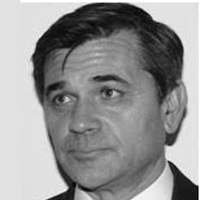
Juan Bueren
Professor & Director, Hematopoietic Innovative Therapies Division, CIEMAT & Centre for Biomedical Research on Rare Diseases (CIBERER); Coordinator, Advanced Therapies Unit of Fundación Jiménez Díaz/CIEMAT
Dr Bueren is the Head of the Division of Hematopoietic Innovative Therapies of CIEMAT and CIBER of Rare Diseases. Dr Bueren is also Coordinator of the Mixed Unit of Advanced Therapies CIEMAT/IIS-Jiménez Díaz Foundation and consultant of Rocket Pharmaceuticals Inc, and currently serves as Vice-President of the European Society for Cell and Gene Therapy. Dr Bueren is Scientific Director of gene therapy trials for patients with Fanconi anemia and also for patients with the primary immunodeficiency, Leukocyte adhesion deficiency type I, and has participated in the development of therapeutic lentiviral vectors designed as Orphan Drugs by the European Medicines Agency and by the FDA for these two diseases. Both ODs have been licensed to Rocket Pharmaceuticals which is currently development different global gene therapy programs in Europe and in the USA for Fanconi anemia and LAD-I.
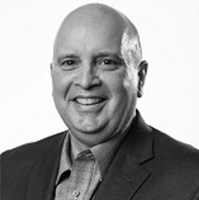
Bruce Bunnell
Professor & Chair, Dept. of Microbiology, Immunology, and Genetics, University of North Texas Health Science Center
Bruce Bunnell, PhD is a professor and Chair of the Department of Microbiology, Immunology and Genetics at the University of North Texas Health Science Center in Fort Worth, TX. Previously, he served as Director of the Tulane Center for Stem Cell Research and Regenerative Medicine and Professor in the Department of Pharmacology in the Tulane University School of Medicine. Dr. Bunnell obtained his PhD in Microbiology from the University of Alabama at Birmingham School of Medicine. He then pursued Postdoctoral Fellowship research at the Howard Hughes Medical Institute in the School of Medicine at the University of Michigan and the National Human Genome Research Institute at the National Institutes of Health in Bethesda, MD. Dr. Bunnell was an Assistant Professor at the Nationwide Children’s Hospital Research Institute, part of the Ohio State University School of Medicine prior to joining the faculty at Tulane University in 2002. Dr. Bunnell's research program is focused on both the basic science and translational applications of adult stem cells isolated from the bone marrow and adipose tissue. Dr. Bunnell investigates use of mesenchymal stem cells (MSCs) isolated from the bone marrow or adipose tissue as a therapeutic intervention for both Multiple Sclerosis (MS) wound repair, lung injury and bone repair. He is particularly interested the interactions of MSC with the immune system and how the cells elicit robust anti-inflammatory effects in vivo. He is currently working towards a human clinical trials for the treatment of osteoarthritis, traumatic brain injury and Multiple Sclerosis with these cells. He has served as a reviewer of stem cell, regenerative medicine and tissue engineering grants for the National Institutes of Health, Department of Defense and several state funded programs including Maryland, New York, Virginia and Pennsylvania. He has also served on grant review panels for several foreign countries including Denmark, Ireland, Poland, Germany and Spain. Dr. Bunnell serves as an Editorial Board Member for several journals, including Stem Cells, BMC Genomics, and Regenerative Medicine.
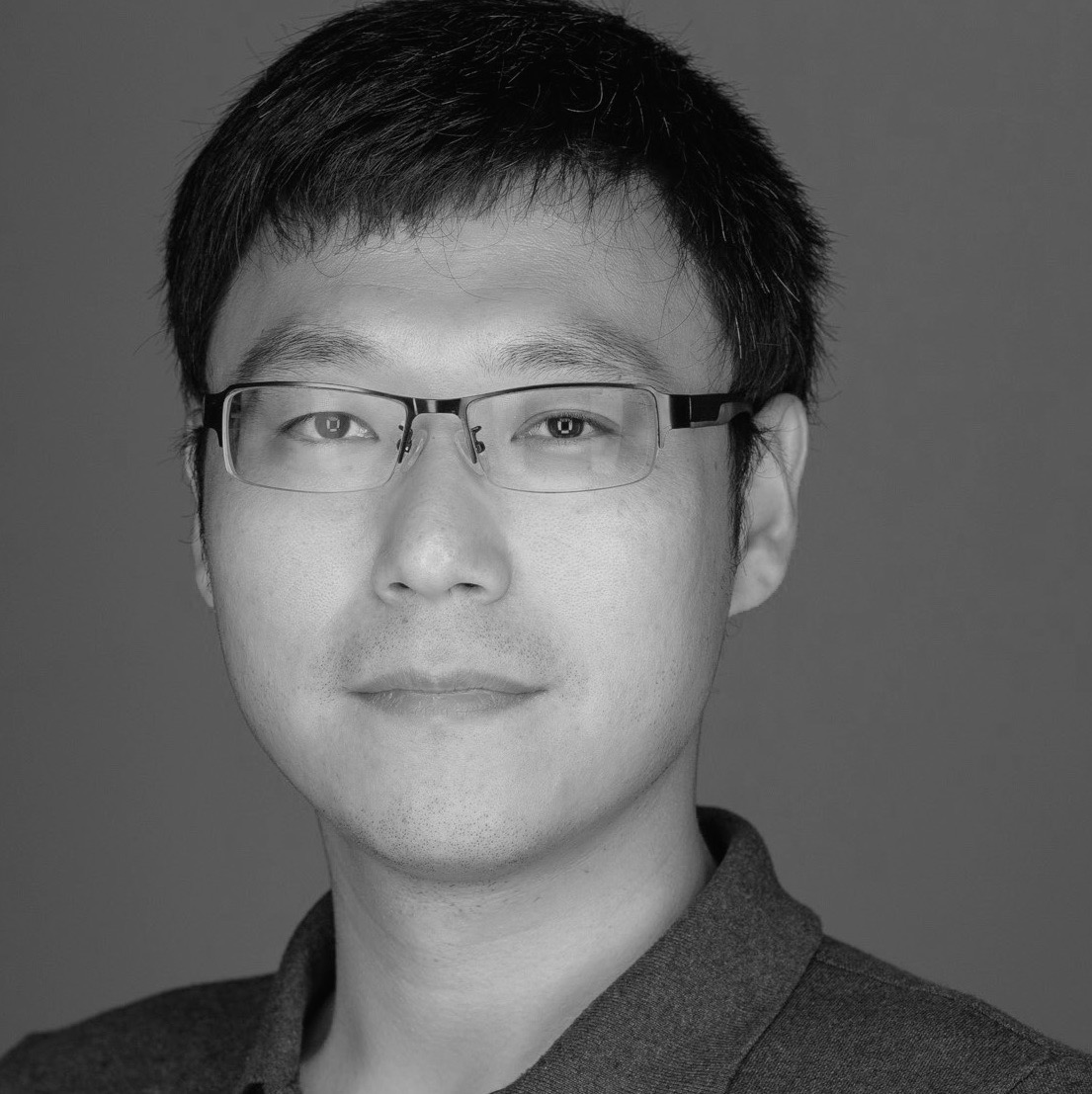
Yu Cao, PhD
Vice President and Global Head, Drug Discovery, GenEditBio
Yu (Clay) Cao, Ph.D. is an accomplished biotech executive and scientific leader with over 15 years of experience in drug discovery and translational development. Currently serving as Vice President and Global Head of Drug Discovery at GenEditBio, Dr. Cao leads cross-functional teams advancing cell and gene therapies across rare diseases, oncology, and neurodegenerative disorders. He has deep expertise in preclinical development, IND-enabling studies, and in vivo delivery technologies, with a strong track record of progressing novel therapeutics from discovery to clinical stage. Prior roles include leadership at Tessera Therapeutics and Agios Pharmaceuticals, where he drove innovative programs in immuno-oncology and gene editing. Trained as an immunologist and molecular biologist, Dr. Cao holds a Ph.D. in Immunology, with additional credentials from Harvard Business School and Johns Hopkins University. He actively contributes to the field as an advisor or leadership member of different non-profit organizations.
Nathalie Cartier
Director, NeuroGenCell
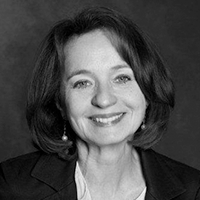
Marina Cavazzana
Professor of Hematology, Paris –Cité University; Head of the Department of Biotherapy, Hospital Necker-Enfants Malades; Assistance Publique-Hôpitaux de Paris, Paris France & Chief of Research, of Investigation Clinical Center in Biotherapy , U1163 Inserm, Institut Imagine, Paris
Marina Cavazzana is a paediatrician, Professor of Haematology since 2000, Director of the Department of Biotherapy at Hospital Necker, University Paris Descartes. She is the Director of the Inserm / Assistance Publique - Hôpitaux de Paris GHU Ouest Biotherapy Clinical Investigation Center at Imagine Institute. She studied medicine in Padua, Italy and received the degree of Doctor of Medicine in 1983, her certification in Paediatrics in 1987 and a PhD in Life Sciences in 1993 (University Paris VII).
Her main research and clinical interests are development of the immune system, genetic diseases of the haematopoietic system and cell and gene therapy. She has initiated several clinical trials based on the use of ex vivo gene modified cells to treat patients with inherited disorders, the preliminary clinical results of which are encouraging. She highly contributed to the Sickle cell Disease cure for which two gene therapy products have been approved by FDA and EMEA. This work was rewarded by the American Society of Hematology (Award on Clinical Research in Gene Therapy in 1999), by the French Academy of Sciences (Special Medical Award in 2000 and Jean-Pierre Lecocq Award on Gene Therapy in 2004). She was awarded the title of Officier de l'Ordre National de la Légion d'honneur in 2011, given the Irène Joliot Curie 2012 award "Scientific Women of the Year" (Science Academy and French Ministry of Education and Research). She was also awarded with the French National Academy of Medicine in 2016 and the 2017 Ernest Beutler Lecture and Prize for Clinical Science (American Society of Hematology).She is an international member of National Academy of Medicine (NAM) since 2019.
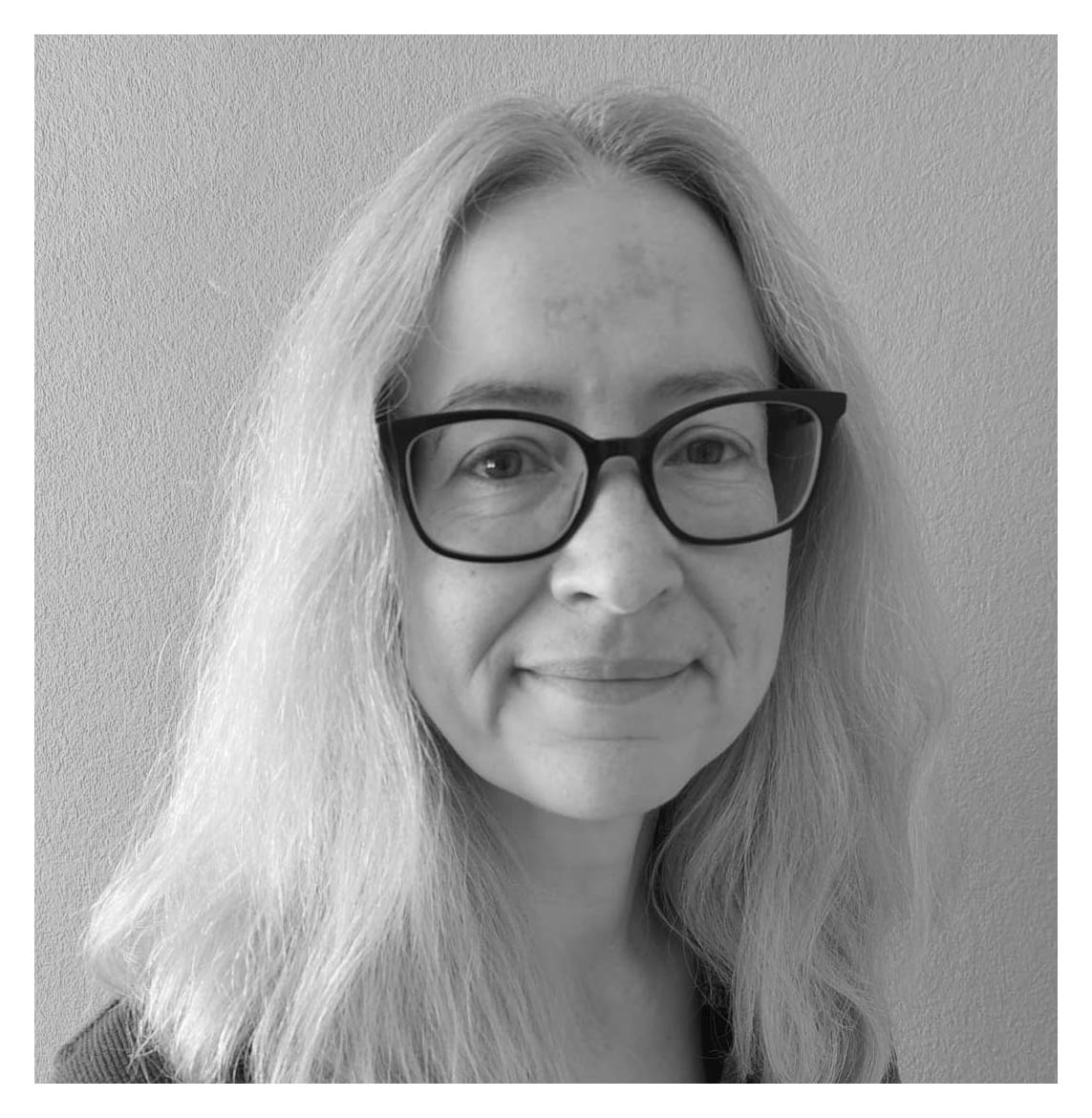
Alexis Cockroft
Director and Regulatory Consultant, Lex Regulatory Ltd
Alexis has worked in CMC regulatory affairs for many years and focused solely on gene/cell therapy products for the past 13+ years. She is currently a freelance regulatory consultant as Lex Regulatory Ltd and works with a number of organizations developing advanced therapies. A large proportion of her experience is with gene therapy products, including cell-based gene therapies. She has accumulated expert knowledge in the field and finds the complexities and challenges of advanced therapies very rewarding.
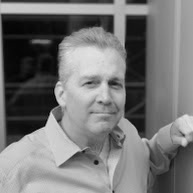
Michael Covington
Chief Quality & Regulatory Officer, Landmark Bio
Michael Covington brings three decades of biotechnology, cellular, and gene therapy experience in areas including regulatory affairs, regulatory compliance, quality, validation, and manufacturing. He has demonstrated success in supporting innovative therapies including adeno-associated vector (AAV) gene therapies, autologous genetically modified hematopoietic stem and progenitor cell therapies for rare diseases, autologous genetically modified T cell immunotherapies, and other autologous immunotherapies, as well as recombinant protein therapeutics. Most recently, Mr. Covington was the vice president of Regulatory Chemistry, Manufacturing, and Controls (CMC) for Novartis Gene Therapies. Prior to Novartis, he was vice president of Regulatory CMC for Orchard Therapeutics, and held leadership positions with Juno Therapeutics, Dendreon, and Amgen. He earned a B.A. in biology, cellular, and molecular biology from the University of Missouri-Columbia.
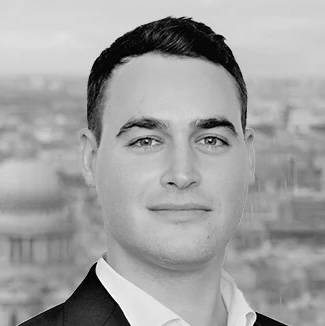
Jonathan Dack
Senior Associate, Arnold & Porter
Jonathan Dack is a member of the Life Sciences group, advising on a wide range of commercial transactions involving intellectual property, technology and data. With over ten years working in law firms and pharmaceutical companies, his experience includes drafting patent licenses and research collaboration agreements, supply and distribution agreements, clinical trial agreements, and advising on IP commercialization strategy. Jonathan also represents clients in private company M&A (both domestic and cross-border) and manages integration exercises that involve complex IP and technology issues. Jonathan holds an MSc in Regenerative Medicine alongside his legal qualifications. He acts as a Non-Executive Director and Trustee for the UK Stem Cell Foundation.
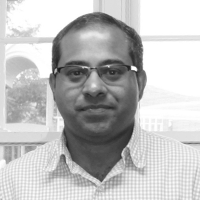
Anindya Dasgupta
Director of Vector Development, Expression Therapeutics
Anindya is the director of vector development at Expression Therapeutics. He obtained his PhD from University of South Carolina, USA. His post-doctoral training and research associateship at the school of medicine, Emory University, Atlanta, USA, were focused on the evaluation of novel anti-cancer therapies and the development of strategies for expansion and lentivirus-based bioengineering of gd T cells in serum-free media. Anindya is a co-inventor of a patent on anti-cancer strategy. At his recent role at Cincinnati Children’s Hospital Medical Center, he led vector development to manufacture high titer lentiviral vectors.
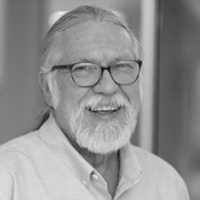
Robert Deans
Chief Technology Officer & Head of Research, Rett Syndrome Research Trust
Robert Deans is Chief Technology Officer and Head of Research at the Rett Syndrome Research Trust, applying his experience towards accelerating patient access to next generation gene therapies. Previously, Dr Deans was CSO at Synthego, a genome engineering company automating a new era of cell and gene therapeutics. Prior to Synthego, Dr Deans was founding CTO at BlueRock Therapeutics, creating iPSC based allogeneic cell therapeutics by harnessing pluripotent stem cell biology and gene editing tools. Before BlueRock, Dr Deans was founding CSO at Rubius Therapeutics developing a platform of novel enucleated cell therapeutics from engineered hematopoietic stem cells. Dr Deans was previously EVP at Athersys Inc, an adult stem cell therapeutics company now in late stage clinical development. Dr. Deans has more than 35 years of experience in adult stem cell therapeutics which includes HSC gene therapy and commercialization of progenitor cell therapeutics from bone marrow. Dr. Deans has been influential in stem cell and therapeutic societies in guiding translation and standardization of stem and progenitor cell practices.
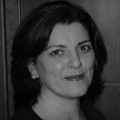
Maria del Pilar Redondo
Site Head, Takeda Madrid, Cell Therapy Technology Center
MARIA DEl PILAR REDONDO holds an MsC in Pharmacy, specializing in Pharmaceutical technology and analysis and control of drugs. Although she began her career at Pfizer within the area of Quality, she later focused on Pharmaceutical Development. After incorporation into the Pharmamar group in 2005, she became in charge of pharmaceutical development and production of investigational medicines for the treatment of Alzheimer’s disease. Pilar joined Tigenix SAU in June 2013 as Senior Director of Technical Operations. Her responsibilities included the overview and management of activities in the areas of Pharmaceutical Development (CMC/Industrialization) and Manufacturing of the stem cell platform.
Colleen Delaney
Founder & CMO, Deverra Therapeutics
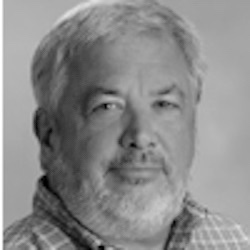
David DiGiusto
Chief Technology Officer, Garuda Therapeutics
David DiGiusto has more than 21 years of academic and 11 years of industrial experience in translational medicine with a focus on blood cells as therapeutic agents. He has led the creation and/or operation of 11 GMP compliant biologics manufacturing facilities including the oversight of process development, manufacturing, quality systems and regulatory affairs infrastructure. Under his direction, plasmid DNA, CAR T-cells, regulatory T-cells, pancreatic islets, engineered stem cell grafts and gene modified hematopoietic stem cell products have been developed, manufactured and used in clinical investigations. Dr. DiGiusto is the former North American Vice President for ISCT (2016-2018), former member of the NIH recombinant DNA advisory committee (RAC) and an independent biotechnology consultant. He received his undergraduate and Ph.D. degrees from the University of Colorado.
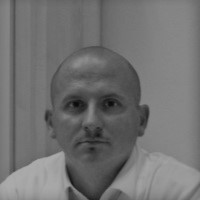
Massimo Dominici
Head Lab of Cell Biol. & Advanced Cancer Therapies, Univ. Modena & Reggio Emilia
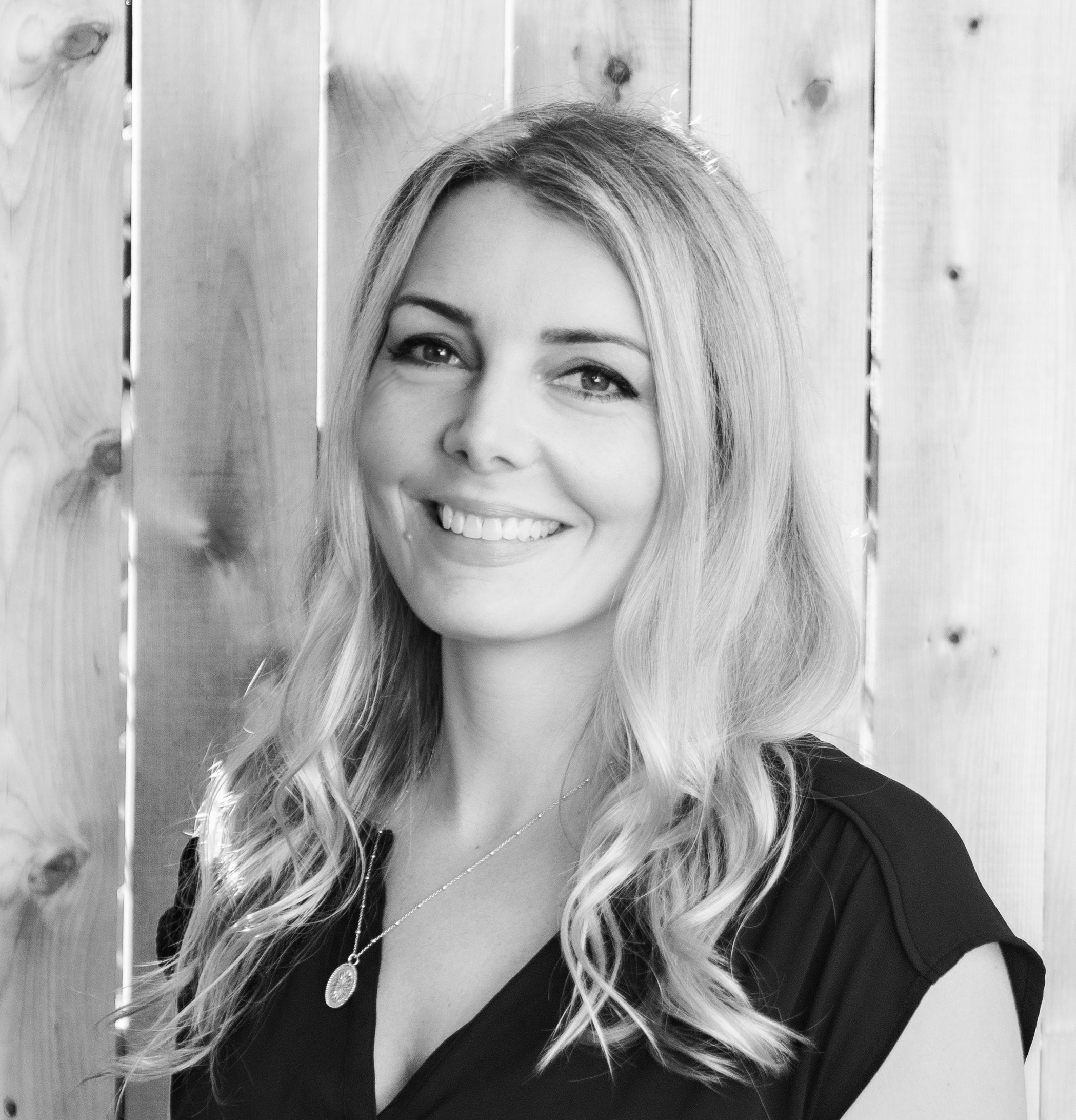
Lauren M. Drouin
Director of the Genomic Medicine Analytical Development group at Alexion, AstraZeneca Rare Disease
Lauren M. Drouin is Director of the Genomic Medicine Analytical Development group at Alexion, AstraZeneca Rare Disease. Her team supports analytical testing for AAV gene therapy and gene editing products, including initial method development, assay qualification, and product characterization, in addition to assisting CMC operations with plasmid DNA, cell bank, and DS/DP batch release and stability programs. Lauren managed CMC analytical operations for the Methylmalonic Acidemia clinical program, the first in vivo gene editing therapy delivered systematically to pediatric patients, and was significantly involved in both the manufacturing campaign and subsequent regulatory submission. Her current research interests include novel AAV capsid characterization and developing a robust understanding of the factors that influence potency of gene therapy products. Previously, she worked at Voyager Therapeutics where she was responsible for analytical method development and overseeing CMC analytical operations for the Parkinson’s Disease clinical gene therapy program. Lauren received her PhD in Biochemistry and Molecular Biology from the University of Florida where she utilized molecular, biophysical, and structural techniques to characterize the AAV capsid for improved gene delivery applications. She currently serves as Chair of the AAV Gene Therapy Products Expert Panel for the United States Pharmacopeia and is a member of the Global Outreach Committee for the American Society of Gene & Cell Therapy, working to expand access to cell and gene therapies on a global scale
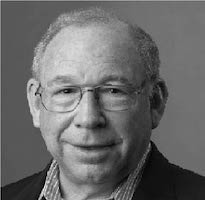
Gary du Moulin
Independent Consultant (Fairlead Quality Compliance); Member, Modern Microbiological Methods Expert Panel, U.S. Pharmacopoeia; Former, VP, Quality Operations, Genzyme Biosurgery
Gary C. du Moulin, Ph.D., M.P.H., RAC retired as Vice President, Quality Operations at Genzyme Biosurgery and Senior Director of Quality Aseptic Control for Genzyme (A Sanofi Company) after a 20-year career in the development and execution of quality systems for Genzyme’s products including biologics and cell based therapies. Before entering the field of cell therapy, he began an academic career on the faculty of Harvard Medical School and has 160 publications in the areas of microbiology, epidemiology, and the regulation and quality control of living cells as a therapeutic modality. Dr. du Moulin received his graduate degrees from Northeastern University and Boston University School of Medicine. Dr. du Moulin has served on U.S. Pharmacopoeia’s Gene Therapy, Cell Therapy, and Tissue Engineering Expert Committees, the Modern Microbiological Methods Expert Panel and chaired the ad hoc advisory panel for fetal bovine serum. He has served on the editorial board of Regenerative Medicine and is RAC certified and past Chairman of the Editorial Board of the Regulatory Affairs Professionals Society Magazine, RAPS Focus. Dr. du Moulin was appointed to the Grants Review Working Group of the California Institute for Regenerative Medicine. He is retired from the U.S. Army Medical Department at the rank of Colonel after 38 years of service and has completed a teaching assignment at the Massachusetts College of Pharmacy and Health Sciences University where he taught graduate pharmacists a course entitled, “Principles of Quality Assurance and Quality Control in a Regulated Environment”. Dr. du Moulin continues to consult in the cell and gene therapy sector.
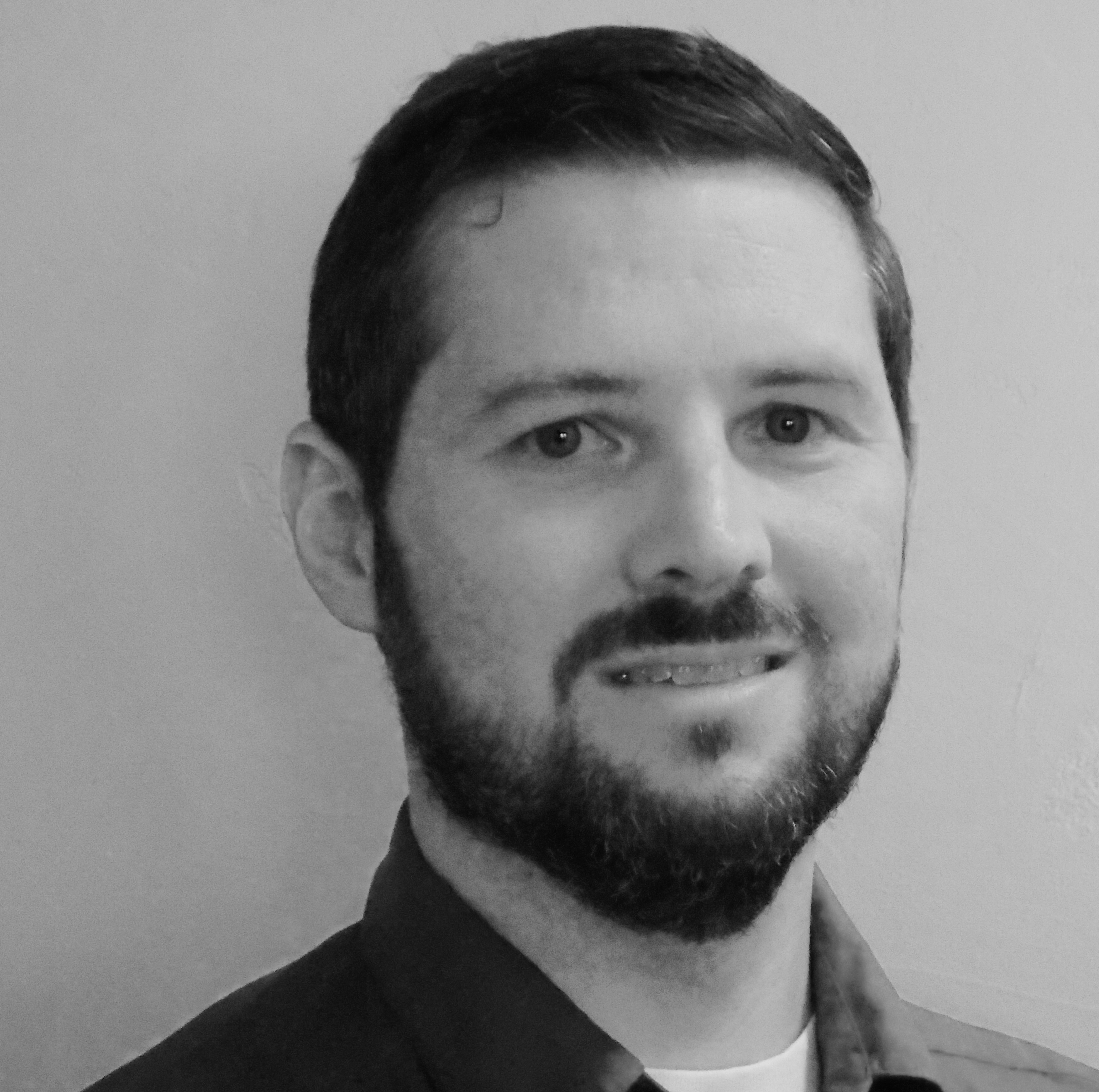
Colin Exline
Head of Research and Development, Papillon Therapeutics
Colin Exline, PhD, is the Head of Research and Development at Papillon Therapeutics. He has been utilizing genome editing technologies for therapeutics for over 15 years starting during his postdoctoral research at the University of Southern California using Zinc Finger Nucleases and Hematopoietic Stem and Progenitor Cell transplantation to create anti-HIV therapies. Prior to Papillon Therapeutics, Colin led a molecular biology team at Lung Biotechnology (a subsidiary of United Therapeutics) creating gene engineering approaches to controlling immune responses to xeno-and allo-organ transplantation and creating methods for high-efficiency iPSC cellular reprogramming for organ manufacturing. His original training was in virology giving a wide background into many facets of cell and gene therapies.
Boris Fehse
Professor & Head of the Research Dept., Cell and Gene Therapy, University of Hamburg
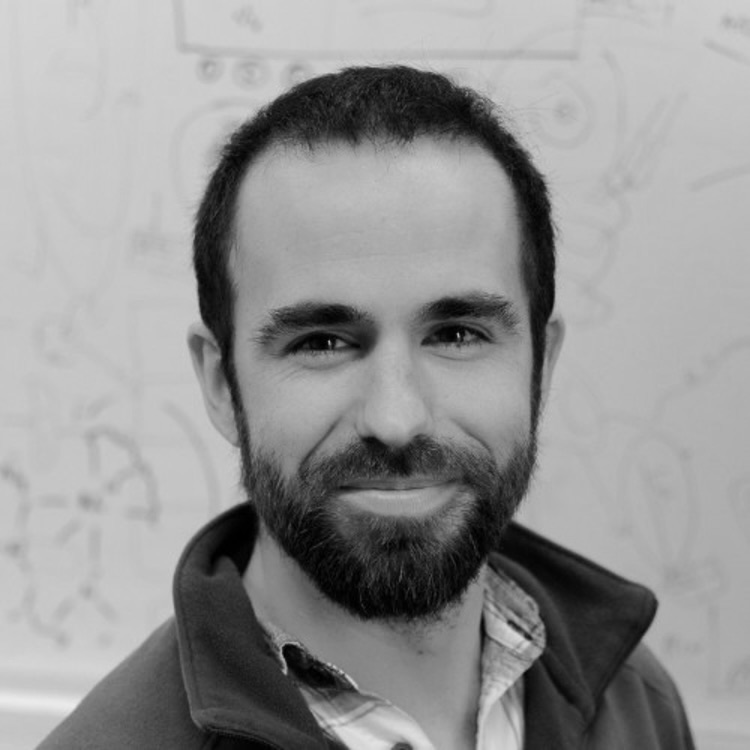
Francis Galaway
Quality (CMC) Assessor, Biologicals team, MHRA
Francis specialises in the licensing of Advanced Therapy Medicinal Products (ATMPs) and represents the MHRA on several international working parties for cell and gene therapies. He is experienced in a range of collaborative regulatory pathways including Orbis and the centralised EMA procedure as well as the UK’s International Recognition. Francis spent 8 years at the Wellcome Sanger Institute working on intercellular interactions and the immune system. His PhD studies were conducted at the Astbury Centre for Structural Molecular Biology on novel viral platforms for gene therapy applications.

Franz Gerner
Independent Consultant, South Mountain Advanced Therapies Consultants, LLC
Franz Gerner works an Independent Consultant at South Mountain Advanced Therapies Consultants, LLC, where he supports clients in all aspects of Technical Operations for viral gene therapy. This includes Development activities, Manufacturing and QC of viral products, Quality Assurance, as well as Drug Product and Supply Chain strategies and execution of development work, in internal settings and at external contract organizations. Dr. Gerner has over 25 years’ experience working in the gene therapy field with viral vectors. Prior to his current role, he was Chief Technology Officer at Excision BioTherapeutics, a clinical-stage CRISPR company using viral and non-viral transfer vehicles to treat persistent infectious diseases, where he was responsible for Quality Assurance, CMC and related activities. Before joining Excision, he was Vice President of Technical Operations at Axovant/Sio Gene Therapies where he oversaw the activities of CMC activities at contract organizations. Previously, he was one of the early members of Regenxbio, responsible for Process Development, including the establishment and subsequent expansion of in-house capabilities. In addition, he was responsible for new innovative approaches to produce recombinant AAVs. Prior to Regenxbio, he held increasing positions in the biotech industry. He holds a MS in Chemistry and a PhD in Chemistry with focus on Gene Therapy by the Ludwig-Maximilians-Universität München.
Philip Gregory
Senior Vice President & Head, Regeneron Cell Medicines
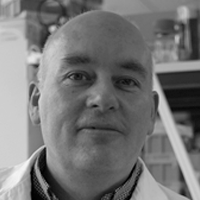
Richard Harbottle
Head of DNA Vector Research, German Cancer Research Centre
Richard is currently the Principle Investigator and Group Leader of the DNA Vector Research Group at the German Cancer Research Centre (DKFZ) in Heidelberg.
Our research focuses on the development of DNA vector technologies for gene therapy with particular focus on the application of minimally sized scaffold/matrix attachment region (S/MAR) vectors.
We have recently made a breakthrough in our DNA vector design which allows the application of our vector in stem cells and in primary human cells. For the first time we have generated a DNA vector system which can provide persistent transgene expression in primary human T-Cells without the risk of integration-mediated genotoxicity and we are currently developing a range of novel DNA vectors for anti-tumour immunotherapy.This DNA vector can also be used to genetically modify stem cells and we have recently shown for the first time that we can generate stable mouse embryonic cell lines and can generate transgenic mice from these modified cells.
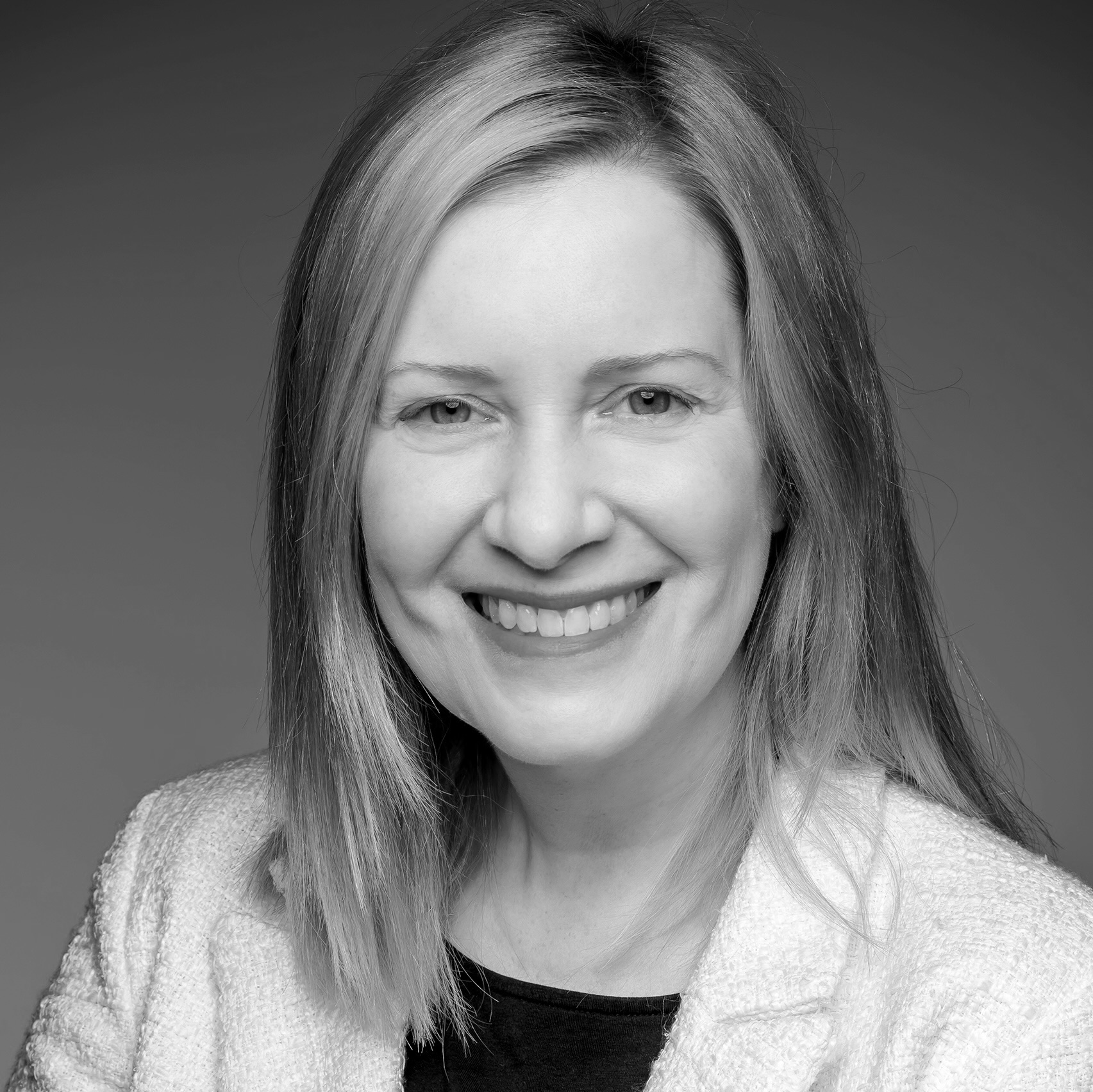
Clare Hague
Founder, Oncology Access Solutions Ltd.
Clare is a Health Economist and founder of Oncology Access Solutions Ltd. Prior to 2023, she had spent 18 years within the pharmaceutical industry (J&J Innovative Medicine, Celgene, Biogen, Onyx Pharmaceuticals & AstraZeneca) supporting the development and commercialization of innovative medicines that included two CAR-T therapies for DLBCL and multiple myeloma.
She holds an LLM in Healthcare Ethics & Law (with distinction) from the University of Manchester, a PhD in Health Economics from the University of Sheffield, and a BA (Hons) International Business Degree from Sheffield Business School. Before working in the pharmaceutical industry, Clare worked as an MRC Senior Research Fellow at the University of Sheffield and as a health services researcher within the NHS. She has published widely on healthcare costing methods, health economic evaluations and real-world evidence studies and is an Honorary Lecturer & Examiner at the University of Lucerne, Switzerland.
Martin Hildebrandt
Vice-Director, Department of Transfusion Medicine, Cell Therapeutics and Haemostasis, Ludwig-Maximilians-Universität, Munich
Armand Keating
Professor of Medicine, University of Toronto, Senior Scientist, Krembil Research Institute, Clinician Scientist Princess Margaret Cancer Centre, Toronto
Paul Kemp
CEO, HairClone
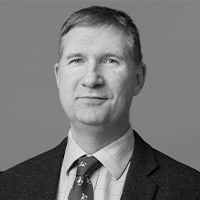
Sven Kili
Principal, Sven Kili Consulting Ltd.
Dr. Sven Kili is a respected KOL in healthcare and biotechnology, boasting over 20 years of experience. He began as a surgeon in the NHS, where he gained valuable insights into patient care. Transitioning to Cell and Gene Therapies (CGT), Sven played key roles in leading the development, approval and commercialization of both a cell therapy and the first ex-vivo gene therapy. With expertise across all stages of CGT development, he has built companies and teams in both large pharma/ biotech and startups.
Sven is a partner at Saisei Ventures, a boutique therapeutic venture investment firm focussed on creating and growing innovative companies, including with a focus on the Japanese CGT ecosystem. He also heads his consulting firm, Sven Kili Consulting Ltd., offering strategic guidance to organizations in the biotech and healthcare sectors. Most recently he served as the Chief Development Officer for CCRM (Centre for Commercialization of Regenerative Medicine) and OmniaBio.
Sven actively contributes to industry boards and committees, including the BIA CGTAC, Innovation Hubs for Gene Therapy, ISCT, and ARM. Sven holds a visiting chair at UCL (University College London), where he heads the steering committee for a post-grad degree in Cell & Gene Therapy manufacturing and commercialisation. His dedication to advancing regenerative medicine and CGT is reflected in his multifaceted roles and ongoing efforts to shape the future of healthcare through innovation and strategic collaboration.
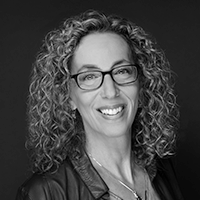
Karen Kozarsky
Co-founder & Chief Scientific Officer, SwanBio Therapeutics
Karen Kozarsky, Ph.D., has 25 years of experience in gene therapy, with a primary focus on the development of gene therapy for inherited rare diseases utilizing adeno-associated virus (AAV) vectors. Dr. Kozarsky has deep experience evaluating potential therapeutic opportunities, identifying new areas, and developing products from the earliest preclinical stages through IND. She has been involved in the development of multiple gene therapy products that are in clinical trials. Previously, Dr. Kozarsky was President of Vector BioPartners, VP of R&D at REGENXBIO Inc., and Head, Gene Therapy in the GlaxoSmithKline Biopharmaceutical Center of Excellence for Drug Discovery. Prior to that, she was a Research Assistant Professor at the University of Pennsylvania in the Institute for Human Gene Therapy, and completed postdoctoral fellowships at the University of Michigan in gene therapy and in immunology. Dr. Kozarsky was named by the Alliance for Regenerative Medicine as the first co-Chair of the Gene Therapy Section to support policies to advance novel gene therapies, and has been a committee member for the American Society of Gene & Cell Therapy. Dr. Kozarsky received a Ph.D. in Biology from the Massachusetts Institute of Technology and a B.A. in Biology from Amherst College.
Joanne Kurtzberg
Director, Carolinas Cord Blood Bank, Duke University

Tamara Laskowski
Senior Director / Head of Clinical Development - Personalized Medicine, Lonza
Dr. Tamara J. Laskowski received her doctorate degree in Human Molecular Genetics and Immunology from University of Texas Health Science Center where her work focused on genome editing of patient-derived stem cells to correct genetic mutations causative of Wiskott-Aldrich Syndrome, an immunodeficiency disorder that results in severe impairments to the immune system. Subsequently, Tamara joined Dr. Laurence J.N. Cooper’s laboratory at MD Anderson Cancer Center as a fellow. Her work focused on engineering stem cells with the goal of generating off-the-shelf NK and T-cell immunotherapies for targeting solid tumor malignancies. Though Tamara remains as a collaborator in the Cooper laboratory, her work has led her to transition to Dr. James Allison’s Immunotherapy Platform at MD Anderson. In her new role as Senior Research Scientist, Dr. Laskowski’s work primarily involves immune-monitoring of patients undergoing clinical trials in Immunotherapy and development of novel immunoassays. Dr. Laskowski also shares an interest in technology innovation, and has developed multi-plex assays for testing therapies against solid tumors. In 2017, this work led to an invitation to participate in the National Science Foundation (NSF) Innovation Corps, an exclusive program through which she was trained to develop strategies for expanding the economic and societal benefits of innovative ideas which have commercialization potential. She was the sole recipient of an award for outstanding performance upon completion of the program. In addition to her research work, Dr. Laskowski participates in several educational programs at MD Anderson. She is a lecturer at MD Anderson’s School of Health Professions and also serves as a scientific communications coach teaching students and fellows how to effectively communicate science and medicine with scientific and lay audiences.
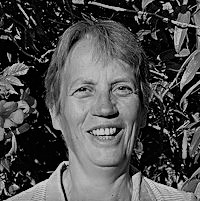
Christine Lebec
Head of CMC Gene Therapy, Sensorion Pharma
Christine Lebec, PhD, joined Sensorion Pharma, a small biotech company, in early 2020 as Head of CMC Gene Therapy. She is responsible for CMC development (process & analytical development, product characterization) including non-clinical and clinical manufacturing, CMC transfer to CDMO/CRO and CMC regulatory issues. Prior to joining Sensorion Pharma, she worked for more than 20 years at Genethon, a French non-profit organization, in the field of Gene Therapy vectors (AAV, lentivirus, baculovirus) for rare diseases. She has a strong expertise in the development, qualification, validation of analytical methods for product characterization, release testing of gene therapy products and in stability studies. She also has a solid knowledge of international regulations and reviewing CMC documents for clinical applications.
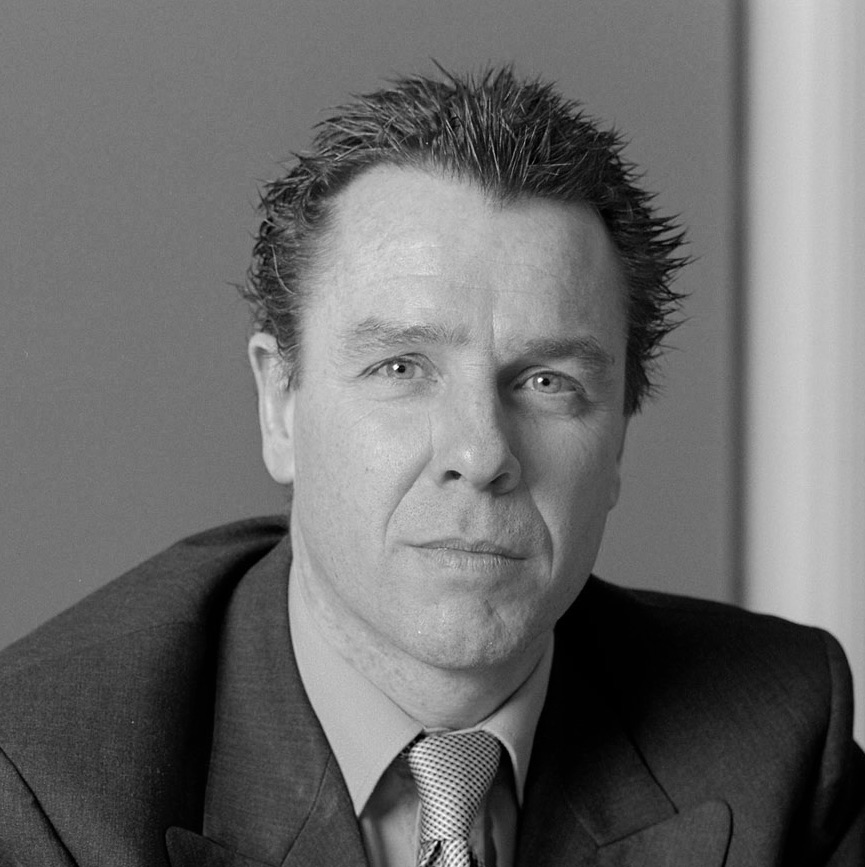
Michael Leek
Executive Chairman & Founder, TC BioPharm
Michael Leek is the Executive Chairman & Founder at TC BioPharm. Michael was previously CEO of both TC BioPharm and an orthobiologicals company, and he also worked with a clinical team developing an autologous infusion of stem cells to initiate regeneration of new hepatic tissue. He was jointly responsible for moving Intercytex from a pre-clinical research company, to an AIM-listed biotech with several cell therapy products in the clinic. Michael is also a Fellow of the Royal Society of Medicine and Honorary Lecturer at the University of Aberdeen, School of Medical Sciences. In 2017, he was presented with the ‘Scottish Life-Sciences Entrepreneurial Business Leadership’ award.
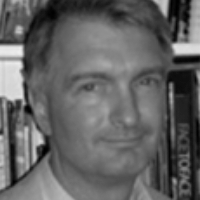
Mark Lowdell
Director of Cellular Therapy & Biobanking at the Centre for Cell, Gene & Tissue Therapy, Royal Free London NHS FT & UCL; Chief Scientific Officer and Chief Manufacturing Officer, InMuneBio
Mark trained as an immunopathologist at the Royal London Hospital and moved to the Royal Free Hospital / UCL in 1994 to set up the immunotherapy programme in malignant haematology. He has specialist knowledge of cellular therapeutics and is the UK representative on the Joint Accreditation Committee ISCT/EBMT (JACIE) which is responsible for setting and co-ordinating standards for cellular therapies across Europe. Mark holds Qualified Person status for the release of investigational somatic cell therapy medicinal products in the EU and is a Designated Individual under a Human Tissue Authority licence for therapeutic cells. Mark has been a Chief Scientific Officer and Chief Manufacturing Officer since the formation of the InMuneBio in September 2015. Since February 2009, he has also been Director of Cellular Therapy at the Royal Free London NHS Foundation Trust. He received his PhD in clinical immunology from London Hospital Medical College, University of London in 1992 and is a qualified immunopathologist.

Geoff Mackay
CEO, Avrobio
Geoff is an experienced CEO with proven success leading innovative businesses. While CEO of Organogenesis Inc., the company treated 1 million patients with living cell therapies, received the first FDA CBER allogeneic cell-therapy approval and achieved an unparalleled position within regenerative medicine. Geoff was founding CEO of eGenesis, applying CRISPR Cas-9 gene editing to xenotransplantation. Geoff spent 11 years at Novartis in senior leadership positions within the Global Transplantation & Immunology franchise. Past activities include Chairman of the Board of MassBio, Chairman of the Board of the Alliance of Regenerative Medicine, and Advisory Council to the Health Policy Commission for Massachusetts. Through his public and private enterprise work, Geoff is dedicated to applying innovation to reshape and improve the quality of healthcare.
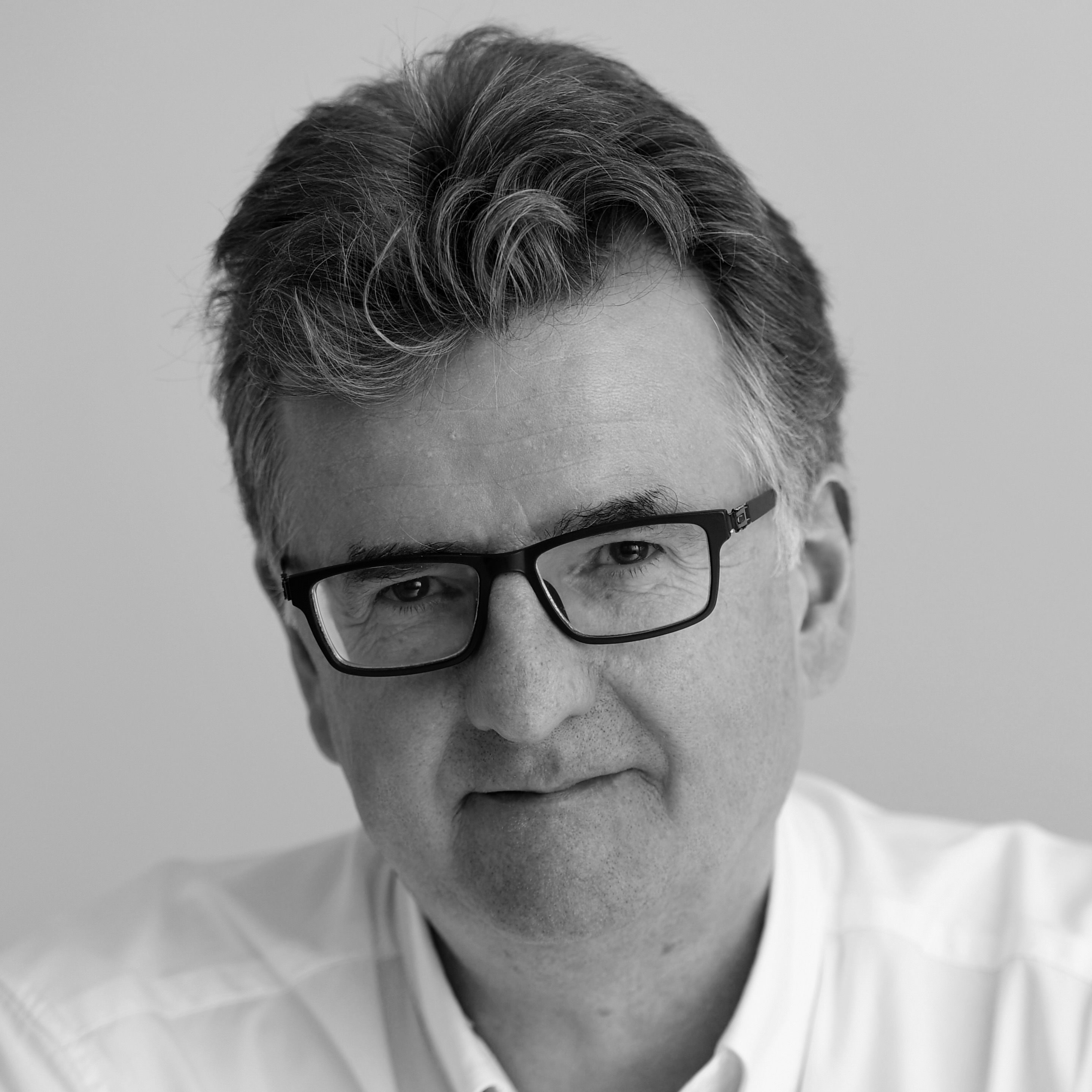
John Maher
Founder and Chief Scientific Officer, Leucid Bio
Dr John Maher is the scientific founder and chief scientific officer of Leucid Bio. He is also a clinical immunologist who leads the "CAR Mechanics" research group within King's College London. He played a key role in the early development of second generation (CD28) CAR technology while a visiting fellow at Memorial Sloan Kettering Cancer Center, an approach that has achieved clinical impact in haematological malignancies. His research is focused on the development of adoptive immunotherapy using CAR engineered and gamma delta T-cells, with a primary emphasis on solid tumour types. In addition, he is a consultant immunologist at Eastbourne Hospital.
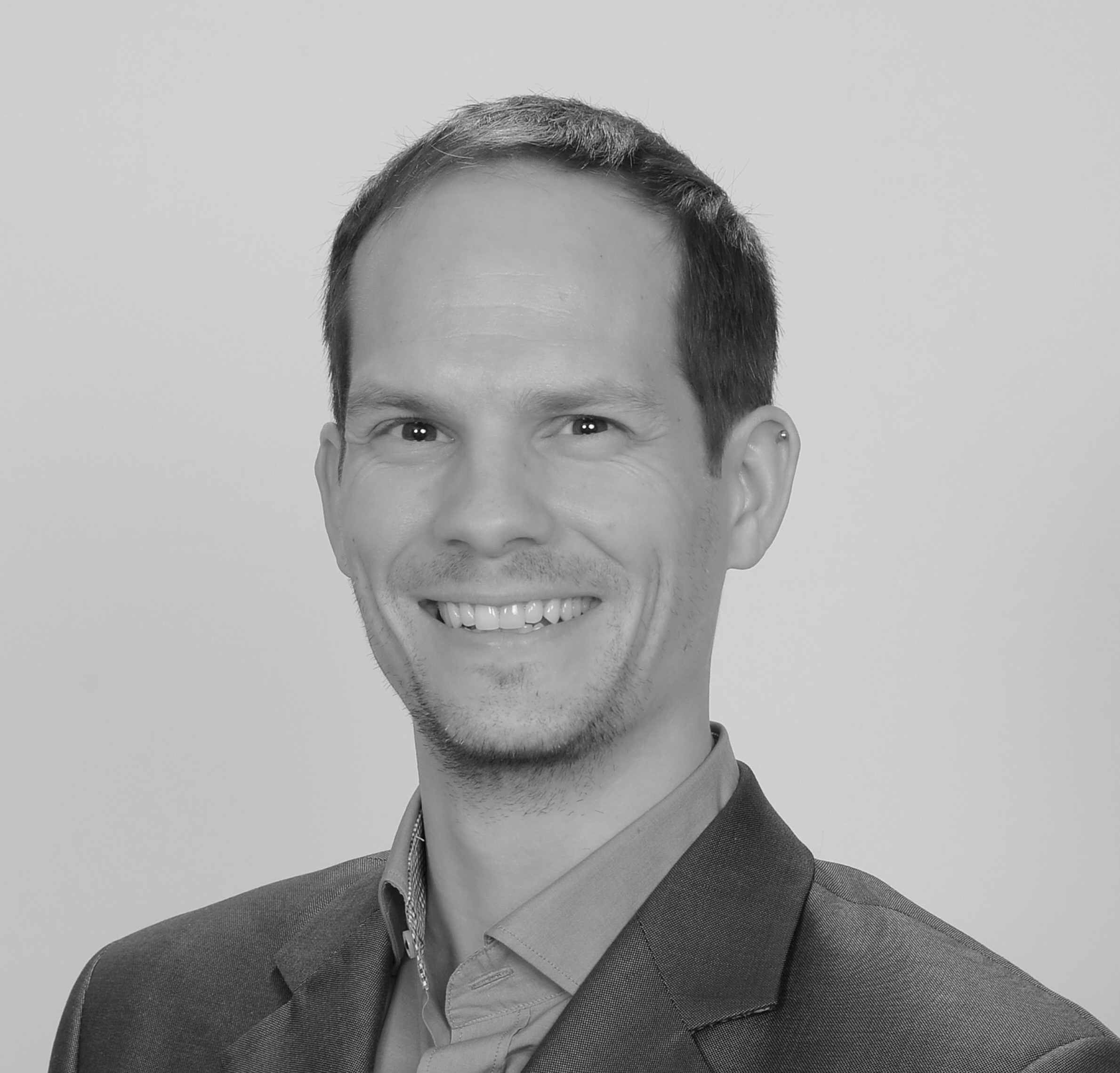
Nate Manley
Senior Principal, Head of Nonclinical, Dark Horse Consulting Group
Nate Manley is a Senior Principal and Head of Nonclinical at Dark Horse Consulting with over 20 years of experience in stem cell biology, neuroscience, and preclinical modeling of human disease. Prior to joining Dark Horse, he led research and preclinical development efforts at Asterias Biotherapeutics, a pluripotent stem cell-based biotech company, and trained as an academic researcher in the departments of Biology and Neurosurgery at Stanford University. Over the course of his career, Nate has contributed to the advancement of a wide range of experimental and clinical-stage cell therapy products, authored scientific articles, and co-authored cell therapy patent applications. He also is a part-time instructor in the Biology Department at San Jose State University.

Aby J. Mathew
Executive Vice President & Chief Scientific Officer, BioLife Solutions, Inc.
Dr. Mathew was part of the founding team of BioLife Solutions, Inc., and is a co-developer of BioLife’s biopreservation media solutions. He is a co-inventor on multiple issued and pending patents related to methods, devices, and formulations for the preservation of cells, tissues, and organs. He holds a Ph.D. in Biological Sciences within the Biochemistry, Cell and Molecular Biology Program from Binghamton University and a B.S. in Microbiology from Cornell University. Dr. Mathew has been researching low temperature biopreservation since 1994, and his studies contributed to the development of BioLife’s current commercial HypoThermosol® and CryoStor® product platforms and intellectual property foundation. Dr. Mathew was part of the scientific team that linked cell death via apoptosis (programmed cell death) to exposure to hypothermic and/or freezing temperatures. These discoveries were integral to the development of BioLife’s intracellular-like biopreservation media, and also contributed to improvements in cryosurgical ablation of cancer. Dr. Mathew was BioLife’s first Director of Manufacturing, established BioLife’s initial Quality system, and has been Executive Vice President & Chief Scientific Officer since December 2019. From February 2011 through November 2019, Dr. Mathew served as Senior Vice President & Chief Technology Officer. From January 2007 through February 2011, Dr. Mathew served as Senior Scientist, Director of Strategic Relations, and Senior Director of Strategic Relations. From June 2003 through January 2007, Dr. Mathew served as Director of Manufacturing. From September 2000 through June 2003, Dr. Mathew served as Clinical Accounts Manager and Director of Hypothermic Preservation for Cryomedical Sciences/BioLife Solutions. Dr. Mathew is currently active in, or previously a member of, AABB (formerly the American Association of Blood Banks), BEST (the Biomedical Excellence for Safer Transfusion collaborative), the International Society for Cell and Gene Therapy (ISCT), the Alliance for Regenerative Medicine (ARM), Tissue Engineering & Regenerative Medicine International Society (TERMIS), Society for Cryobiology, International Society for Biological and Environmental Repositories (ISBER), American Society for Cell Biology, and the Society for In Vitro Biology. Dr. Mathew is a member of: the Board of Directors, and Advisory Panel, of the Parent’s Guide to Cord Blood Foundation, the Scientific Advisory Board of HemaCare Corporation, the founding Board of Directors of the Cord Blood Association, the NIST-AMTech National Cell Manufacturing Consortium, the California Institute for Regenerative Medicine (CIRM) Clinical Advisory Panel, the Business Advisory Board of RoosterBio Inc., and the Scientific Advisory Board of SAVSU Technologies. Dr. Mathew has obtained UCLA Corporate Governance Program Certification.

Kirstin Matthews
Fellow in Science and Technology Policy, Baker Institute, Rice University
Kirstin R.W. Matthews, Ph.D., is a fellow in science and technology policy at the Baker Institute. She is also a lecturer in the Department of BioSciences in the Wiess School of Natural Sciences. In addition, she is a track advisor for the Wiess School of Natural Sciences’ Professional Science Master in Biosciences and Health Policy. Matthews directs the activities of the Baker Institute Science and Technology Policy Program, and the Center for Health and Biosciences’ Biomedical Research Program. Her research focuses on ethical and policy issues at the intersection between traditional biomedical research and public policy. Specifically, she focuses on regulation and ethical issues associated with emerging biotechnology, including stem cells and genomic medicine. Matthews also leads a project to review scientific advice in and to the federal government, including the White House Office of Science and Technology Policy and the President’s Council of Advisors for Science and Technology. Matthews has a B.A. in biochemistry from The University of Texas at Austin and a Ph.D. in molecular biology from The University of Texas Health Science Center at Houston.
Michael May
CEO, Centre for Commercialization of Regenerative Medicine (CCRM)

Jan Joseph (Jos) Melenhorst
Director, Cell Therapy & Immuno-Engineering Program & Vice Chair, Center for Immunotherapy & Precision Immuno-Oncology, Cleveland Clinic
Dr. Jan Joseph (Jos) Melenhorst obtained his PhD at the LUMC (Department of Hematology) on the pathogenesis of Aplastic Anemia. In 1998 he moved to Bethesda, Maryland, where he did his research ‐ first as a postdoc, later as a staff scientist ‐ in the laboratory of Dr. John Barrett at the National Institutes of Health, on the immunobiology of marrow failure syndromes, leukemic disorders, and allogeneic stem cell transplantation. In 2012 he was recruited by Dr. Bruce Levine and Dr. Carl June to the University of Pennsylvania, first as Deputy Director of their clinical manufacturing (cGMP) facility. After a year he was promoted to Director of Product Development & Correlative Sciences. In this role, he was at the cusp of the first ever CAR T cell therapy approved by FDA: Kymriah. Dr. Melenhorst is interested in understanding and improving the anti-tumor efficacy and safety of adoptively transferred chimeric antigen receptor-modified T cells through correlative, mechanistic, and functional genomics approaches.
Emma Morris
Professor of Clinical Cell and Gene Therapy, University College London
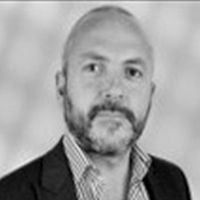
David Morrow
ATMP & Vaccine Scientific Program Manager, EATRIS
Dr David Morrow is the ATMP and Vaccine Scientific Program Manager at EATRIS C&S. David received a BSc (Hons) in Molecular Biology from University College Dublin in 2001 and a PhD in Vascular Biology from Dublin City University in 2006. This was followed by an American Heart Association Postdoctoral Fellowship at the University of Rochester Medical Center, NY from 2006-08 which resulted in an American Heart Association Young Investigator Award in 2008. From 2009-2015 he was an NIH/American Heart funded Principal investigator heading multiple projects in Cardiovascular disease and Cancer. David also holds an MBA in health science management and has worked as a consultant and in technology transfer in lifesciences. David has recently authored papers and being invited as guest speaker at panel discussions at international conferences discussing the major bottlenecks in ATMP development.
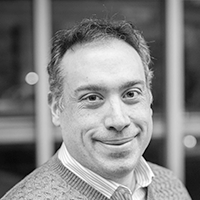
John Moscariello
Chief Technical Officer at Neuvogen Therapeutics
John Moscariello, Ph.D. is the Chief Technical Officer at Neuvogen Therapeutics. Prior to his current role, John was Vice President Cell Therapy Drug Product Process Development Bristol Myers Squibb (BMS) accountable for the developing the manufacturing processes for BMS’s clinical and commercial cell therapies. John also led the Gene Delivery Process and Analytical Development team at BMS accountable for the process and analytical development of the viral vectors, gene editing raw materials and other critical raw materials used in BMS’s cell therapy portfolio. Prior to joining BMS, John was the Vice President of Process Development at AGC Biologics (formerly CMC Biologics) where his organization was responsible for all cell line development, upstream and downstream process development, analytical and formulation development, and technology transfer and technical manufacturing support. Prior to AGC Biologics, John held director-level positions at Amgen, focused on process development and characterization, clinical and commercial technology transfer and process validation. John has a Ph.D. in chemical and biological engineering from the University of Wisconsin-Madison and a bachelors of chemical engineering from the University of Delaware.
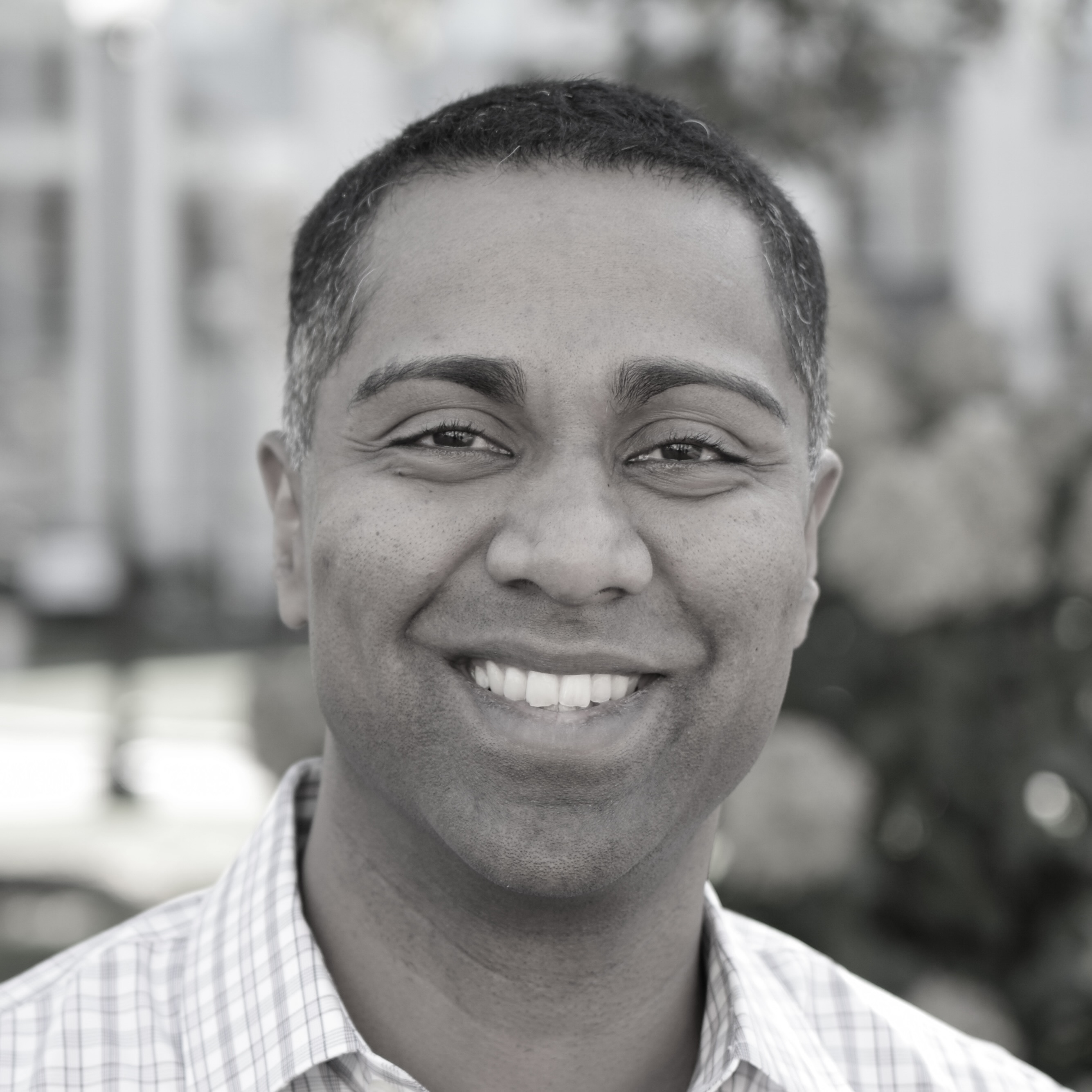
Shashi Murthy
CTO and Co-founder, Nanite, Inc.
Shashi Murthy is the CTO and co-founder of Nanite, Inc., a Boston-based company developing novel gene delivery vehicles via machine learning. Dr. Murthy previously founded Flaskworks, acquired by Northwest Biotherapeutics in 2020, and co-founded Quad Technologies, acquired by Bio-Techne in 2018. Flaskworks and Quad addressed needs in cell therapy via innovative manufacturing instrumentation and reagent technologies, respectively. Dr. Murthy was on the faculty of Northeastern University from 2005-19 and is an AIMBE Fellow. He received his bachelors and doctoral degrees from the Johns Hopkins University and MIT, respectively, and postdoctoral training at the Harvard Medical School and Massachusetts General Hospital.
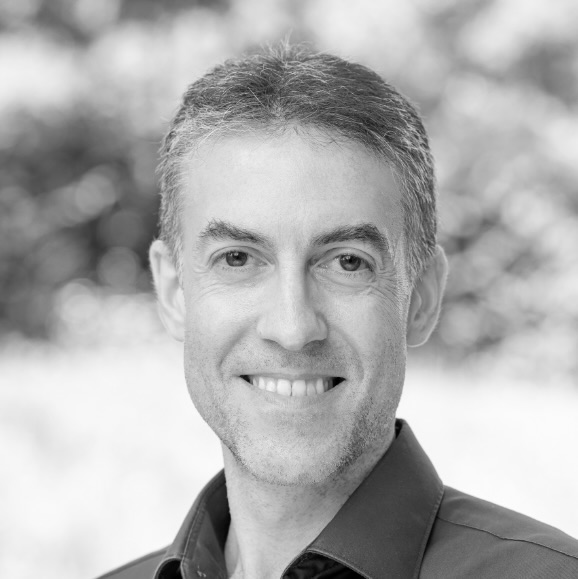
Claudio Mussolino
Group Leader, Transfusion Medicine and Gene Therapy, University Medical Center Freiburg
Dr. Claudio Mussolino is group leader at the Institute for Transfusion Medicine and Gene Therapy at the University Medical Center Freiburg, (Germany). His research focuses on the establishment of novel strategies to edit the genome or the epigenome of hematopoietic cells. Using TALE- or CRISPR-based effectors, Dr. Mussolino explores their use for the treatment of chronic and acquired immunodeficiencies as well as cancer. His group has pioneered the development of epigenome editors highlighting the potential of this technology to establish novel therapeutics to fight infection with the human immunodeficiency virus (HIV). Additional current projects include the adaptation of these methodologies to render CAR T cells resistant to tumor-induced exhaustion.
Amit Nathwani
Director of the Katharine Dormandy Haemophilia Centre, Royal Free Hospital, London
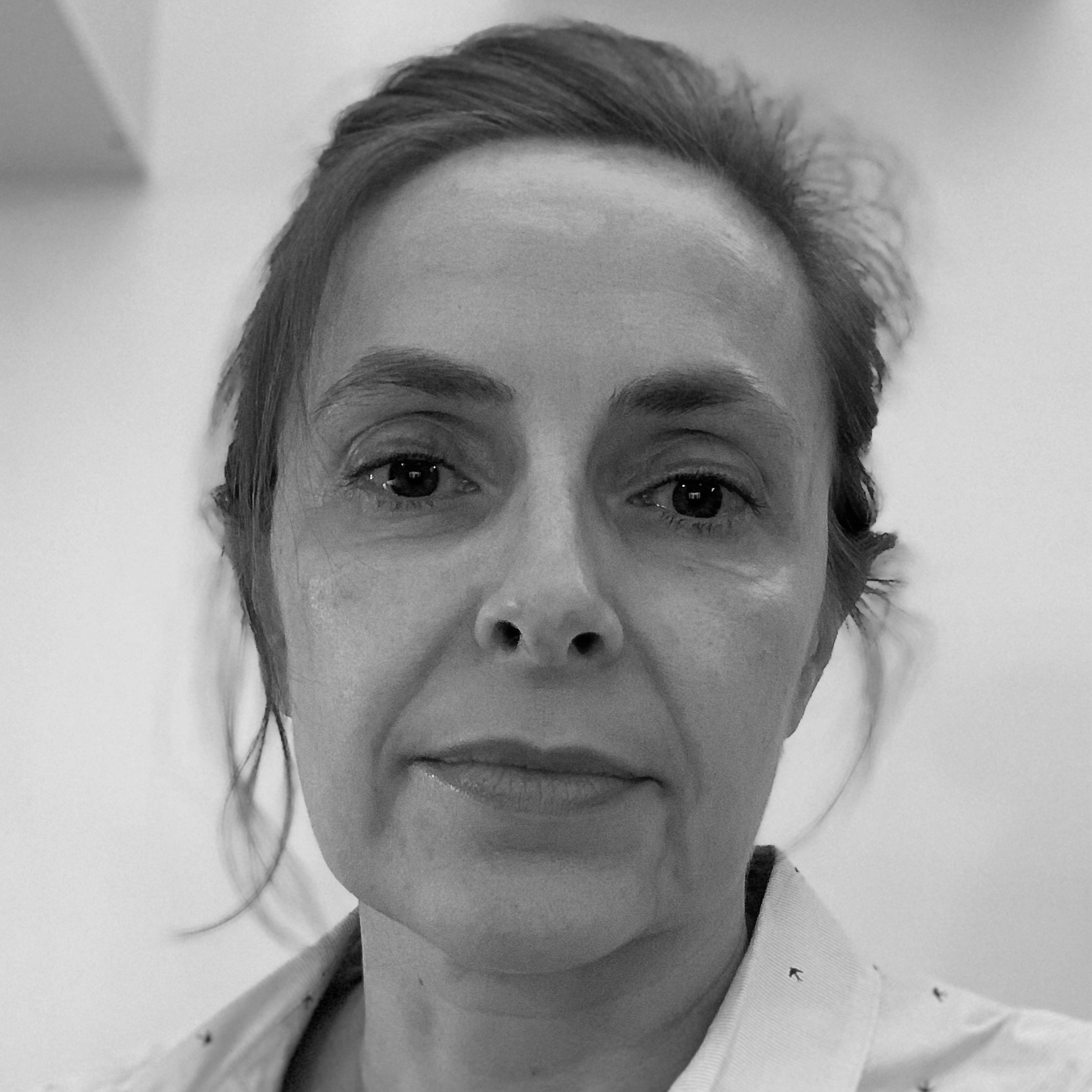
Christiane Niederlaender
Vice President Technical CMC, Parexel
With more than 12 years of regulatory agency experience in biological medicines, Christiane supports chemistry, manufacturing, and controls (CMC) development plans and regulatory strategies for the EU and the FDA as a consultant for Parexel. Her experience is spans all types of regulatory submissions and agency interactions as well as advising on strategic considerations for product development. She has expertise in all classes of biological products, but her focus and passion are cell and gene therapies and related products, including genetically modified cells, viral vectors, RNA products and novel vaccines, including vectored vaccines. As an ex-regulator, she was a senior quality assessor and latterly manager of the Biologicals Unit at MHRA and also served as the UK member on the Committee for Advanced Therapies (CAT) at the EMA. She holds a PhD in Molecular Developmental Neurobiology from King’s College, London and has worked as a Postdoctoral Fellow at the Institute of Cancer Research, London. She is also a qualified barrister.
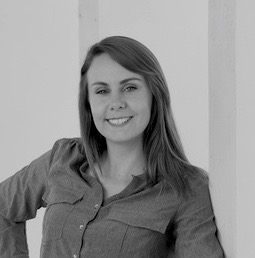
Nicole Nuñez
Associate Director, Regulatory Affairs and Patient Engagement, Eureka Therapeutics, Inc.
Nicole is a scientist dedicated to understanding the molecular biology of cancer as well as developing novel drugs for its treatment. I currently serve Eureka Therapeutics as Associate Director of Regulatory Affairs and Patient Engagement, focusing on the development and implementation of regulatory strategies for their T-cell therapy and vector products as well as assisting with patient engagement for our clinical trials. Previously, as a Scientist for Eureka Therapeutics, I co-led the process development, manufacture, tech transfer, quality control, and vendor management of lentiviral vectors to be used in the production of T-cell based therapies. Prior to this I served as a Research Scientist for ARIZ Precision Medicine, and aided in the development of the scientific rational and generation of novel target specific RNA-based anti-cancer therapeutics. I was also a Biologics Analytical Chemistry Intern at Gilead Sciences, performing mass spectrometry based method development research on biopharmaceuticals. I hold a Ph.D. in Bioorganic Chemistry with a Designated Emphasis in Biotechnology from U.C. Davis and a M.S. in Biochemistry from San Francisco State University. I am the co-author of several published research publications, scientific reviews, provisional patents and a DNA repair textbook chapter. I enjoy volunteering by organizing STEM related demos and experiments for groups such as Girl Scouts and raising money to support important local and global causes.
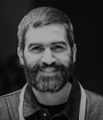
Ioannis Papantoniou
Adjunct Professor & ATMP Research coordinator, Prometheus, KU Leuven
Ioannis Papantoniou is a Chemical Engineer by training (graduated from the University of Patras, Greece) and is currently a Principal Investigator at the Institute of Chemical Engineering Sciences at the Foundation of Research&Technology-Hellas and a visiting Professor at Prometheus, KU Leuven. He obtained his PhD at Department of Biochemical Engineering, University College London funded by the National Scholarship Foundation of Greece. Subsequently he joined KU Leuven where he obtained funding to initiate an autonomous research track and is currently ATMP Research coordinator, within Prometheus – the KU Leuven division of skeletal tissue Engineering. He is active in addressing bioprocessing/translational challenges that would allow scalable and robust manufacturing of adult progenitor/stem cells, required for moving ATMPs for skeletal healing into the clinic. His task is to promote interfaces with industrial partners aiming at valorising research solutions generated within the platform along the entire ATMP bioprocess pipeline and has initiated several collaborations at the academia/industry interface. His research aims are to: Design and engineer progressively complex yet autonomous skeletal 3D living implants adopting breakthroughs in organoid technologies (Tissue engineered ATMPs); Develop a panel of metrics to enable quantitative definition of biologic events ensuring activation and maintenance of mechanism of action; Link therapeutic functionality upon implantation to the patient to in vitro quality attributes of skeletal ATMPs; Develop automated devices that can contribute to a cell therapy industry 4.0 equivalent. Integrate in silico derived tools for a self-regulated/adaptive manufacture of next generation living implants.
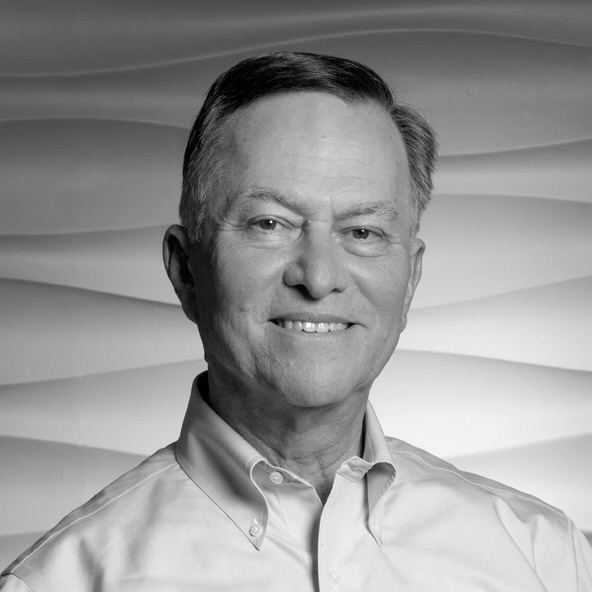
Robert G. Pietrusko
Chief Regulatory & Quality Officer, Vor Biopharma
Dr. Pietrusko currently serves as Chief Regulatory and Quality Officer at Vor Biopharma in Cambridge, MA and leads the Regulatory strategy for engineered hematopoietic stem cell therapy for hematologic malignancies including AML. He has directed the worldwide approval of more than 30 new products in multiple therapeutic areas. As an early team member at Voyager Therapeutics, Dr. Pietrusko pioneered regulatory strategies to transition AAV gene therapies from research into the clinic. Prior to Voyager, he was Vice President of Global Regulatory Affairs & Quality and Executive Officer at ViroPharma, Inc. He also served as Senior Vice President of Regulatory Affairs at Millennium Pharmaceuticals (now Takeda), spearheading the accelerated approval of Velcade® in the U.S. and in more than 90 countries worldwide. Earlier in his career, he was Vice President of Regulatory Affairs at SmithKline Beecham (now GSK) involving many therapeutic areas including antibiotics and vaccines. He has played a key role in shaping U.S. regulatory policy for cutting edge medicines, such as pioneering the concept of an expedited pathway to approval for cell and gene therapies that led to the Regenerative Medicine Advanced Therapy (RMAT) designation process that was included in the United States 21st Century Cures Act. He currently serves as Chair of the US Intelligence and Regulatory Affairs Advisory Group of the Alliance for Regenerative Medicine (ARM) and is an appointed member of the Regulatory Affairs Committee of the American Society of Gene and Cell Therapies (ASGCT). Dr. Pietrusko holds a Bachelor of Science degree in biology, a Bachelor of Pharmacy degree from Rutgers University, and a Doctor of Pharmacy degree from the Philadelphia College of Pharmacy and Science. He completed his residency training in hospital pharmacy at Thomas Jefferson University Hospital and is the author or co-author of over 50 publications.
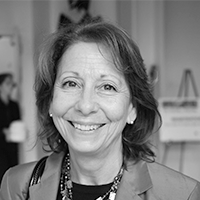
Anne Plant
NIST Fellow, National Institute of Standards and Technology
Dr. Plant was recently awarded the title of NIST Fellow, and previously served as Chief of the Biosystems and Biomaterials Division at National Institute of Standards and Technology, an agency of the U.S. Department of Commerce. She has served in the White House Office of Science and Technology Policy and on National Science and Technology Council committees, co-founded the ASTM International Committee F04.46 on Standards for Cell Signaling, and is currently an ex officio member of the NIBIB National Advisory Council for Biomedical Imaging and Bioengineering. She is a Fellow of the American Institute for Medical and Biological Engineering, and an American Association for the Advancement of Science Fellow. Her research interests focus on robust quantification of cell response through quantitative cell imaging, and theoretical approaches for prediction of complex biological response.
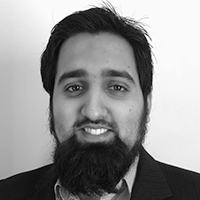
Qasim Rafiq
Associate Professor of Cell & Gene Therapy Bioprocess Engineering, University College London
Dr Qasim Rafiq is an Associate Professor at University College London in Cell and Gene Therapy Bioprocess Engineering. He is a multidisciplinary engineer working at the life science, engineering and commercial interfaces with a research focus on the bioprocessing, automation and biomanufacture of cell and gene-based therapies. He has specific interest in addressing the large-scale manufacturing challenges and enhancing process and product understanding to enable successful translation from the laboratory to the clinic. Qasim currently leads a research portfolio of > £2.5M as Principal Investigator and leads the Cell and Gene Therapy Bioprocess Engineering group at UCL which includes 4 post-doctoral researchers and 7 PhD students. Projects focus on addressing both upstream and downstream process development challenges for the production of patient-specific and universal donor ATMPs for a range of clinical applications. Product applications include stem cells (mesenchymal, haematopoietic and pluripotent), extracellular vesicles and gene-modified T-cells. He is also Programme Director of a new MSc programme launching in September 2020 entitled “Manufacture and Commercialisation of Stem Cell and Gene Therapies”. Prior to joining UCL, he was an Assistant Professor at Aston University where he established the Bioprocess Engineering Group. He completed his PhD at Loughborough University investigating the scalable manufacture of human mesenchymal stem cells in bioreactors where he was the first to demonstrate the litre-scale production of hMSCs on microcarriers in stirred-tank bioreactors. He is both a Chartered Engineer (CEng) and Chartered Scientist (CSci) and sits on multiple scientific and engineering committees including the IChemE Biochemical Engineering Subject Interest Group, British Standards Institute Biotechnology Committee and the BIA’s Cell and Gene Therapy Advisory Committee.
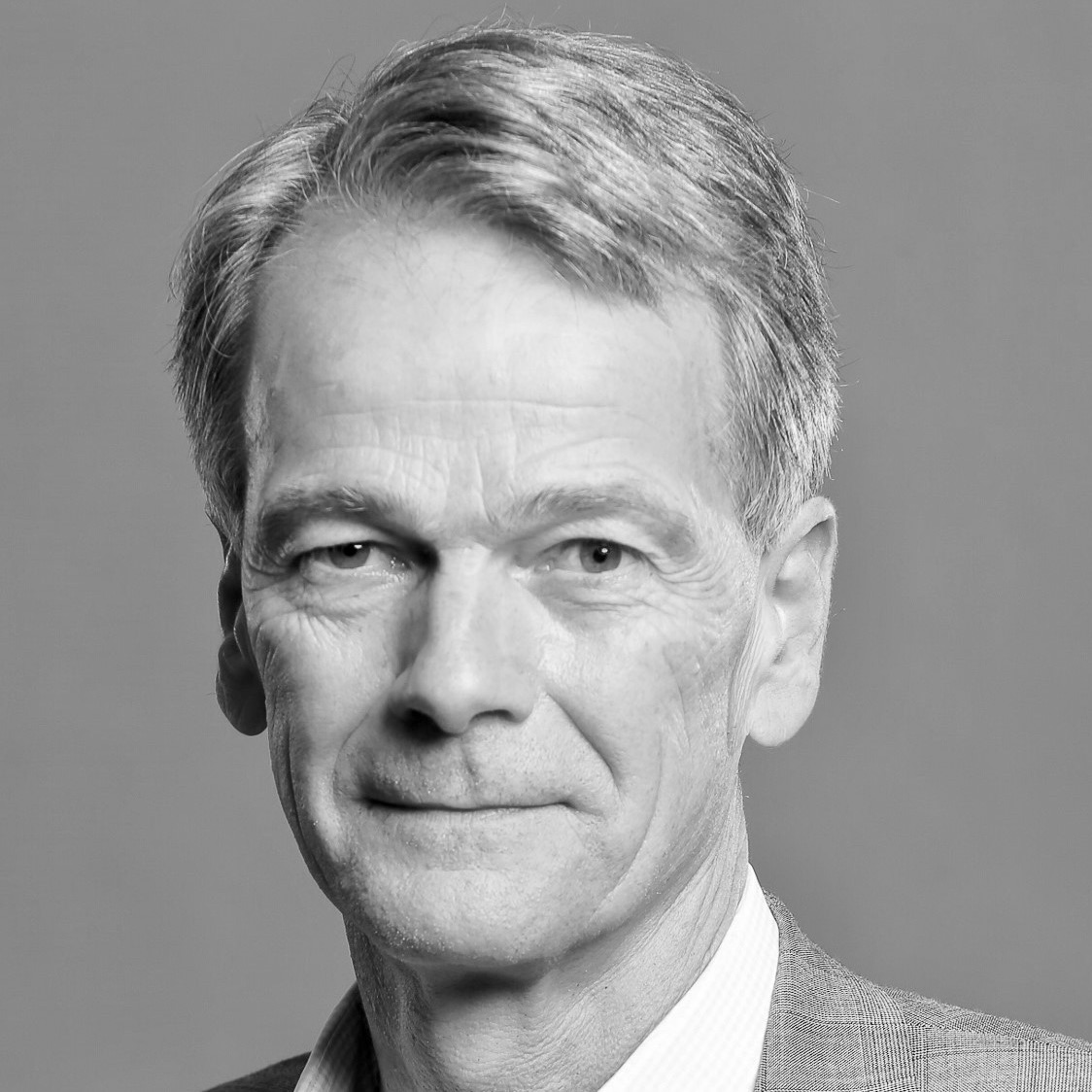
Brock Reeve
Executive Director, Harvard Stem Cell Institute
Brock Reeve has been the Executive Director of the Harvard Stem Cell Institute since 2006. In partnership with the Faculty Directors, he has overall responsibility for the operations and strategy of the Institute which is comprised of the schools of Harvard University and its affiliated hospitals and research institutions. Under the leadership of its Executive Committee, HSCI invests in scientific research and its faculty has grown to include over 370 Principal and Affiliated members. The Institute is engaged with several leading pharmaceutical companies and foundations in joint research projects and its faculty have founded over 40 stem cell-related startup companies and serve on leading Scientific Advisory Boards.
Brock came to HSCI from the commercial sector with extensive experience in both management consulting and operations for technology-based companies, with a focus on life sciences. Prior to Harvard, Brock was COO and Managing Director of Life Science Insights a consulting and market research firm specializing in information technology in life sciences. As a consultant, Brock has additional experience in the healthcare/life sciences market with IBM, Viant Corp. and SRI Consulting, where his clients included some of the leading pharmaceutical, biotechnology and medical device companies.
Brock received a BA and MPhil from Yale University and an MBA from Harvard Business School.
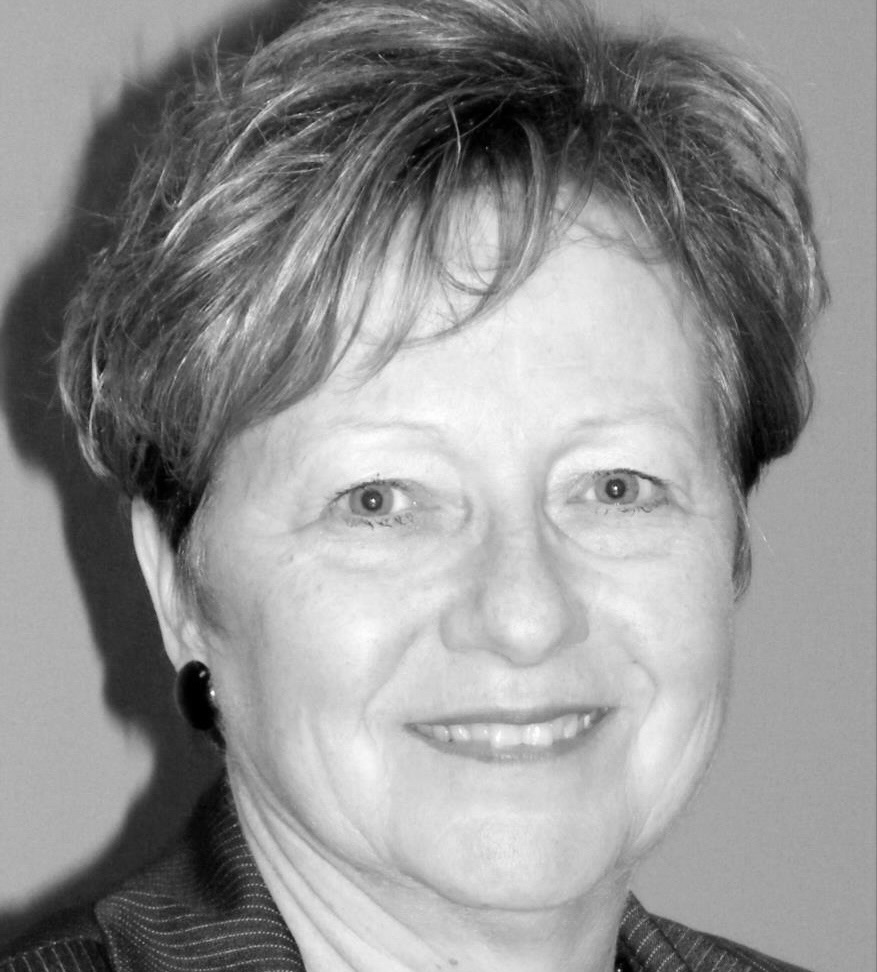
Donna R. Rill
Chief Technology Officer Triumvira Immunologics USA, Inc
Ms. Rill is currently serves as the Chief Technical officer of Triumvira Immunologics, USA, Inc. She has extensive manufacturing, clinical and translational research laboratory experience in cell and gene therapy, monoclonal antibody production, viral vector production and protein production. She has setup and managed core development laboratories covering a large range of testing services to facilitate research, core drug development activities as well as manufacturing, quality systems, and quality control laboratories. Her experience coves a broad range of activities inclusive of laboratory construction, project management, development and operations, cGMP, cGTP, and GLP regulatory compliance, quality control/assurance system development, database development, and clinical standards of practice. She has designed and qualified/validated cGMP Cell & Gene Therapy Laboratories, cGMP Vector Production facilities, core service laboratories, and Translational Research Labs.
Ms. Rill has previously held the positions of Vice President of Manufacturing for Cell Medica; Chief Development Officer for Opexa Therapeutics; Laboratory Director of Cell and Gene Therapy, Translational Research Laboratories at Baylor College of Medicine; and Associate Scientist & Lab Manager of the Translational & GMP Cell & Gene Therapy Laboratories at St. Jude Children’s Research Hospital.
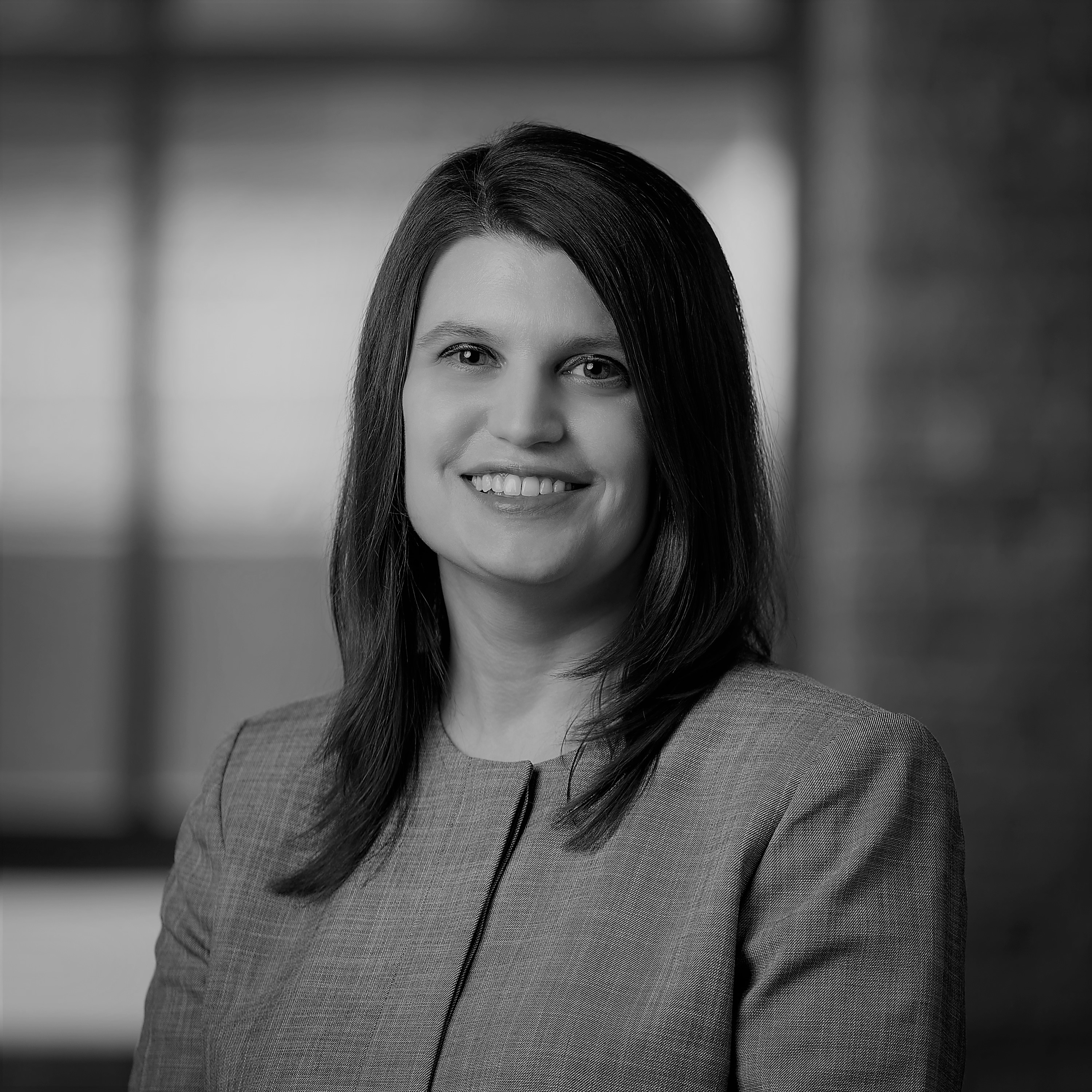
Louise Rodino-Klapac
Senior Vice President, Gene Therapy, Sarepta Therapeutics
Dr. Rodino-Klapac is a gene therapy pioneer who has dedicated her professional life to advancing medicines designed to treat genetically based diseases. With professional experience across industry and academia, she is renowned for her contributions to molecular genetics and gene therapy that have advanced the field. She is author to a vast body of published, peer-reviewed work, the recipient of multiple awards, a National Institutes of Health (NIH) Fellow appointee, and current Board member of the Association for Regenerative Medicine, as well as a member of the American Society for Gene and Cell Therapy, the American Academy of Neurology, and the American Association for the Advancement of Science. She is the former head of the Laboratory for Gene Therapy Research at Nationwide Children’s Hospital, established the Gene Therapy Center of Excellence within Sarepta and leads the Company’s Gene Editing Innovation Center, directing a team of researchers to discover and develop novel gene replacement and gene editing therapies. She co-founded and served as chief scientific officer of Myonexus Therapeutics, a gene therapy company focused on limb-girdle muscular dystrophies acquired by Sarepta in 2019. She currently serves as Sarepta’s Executive Vice President, Chief Scientific Officer. Her work has led to 11 investigational new drug applications and she is the co-inventor of SRP-9001, an investigational micro-dystrophin gene therapy, and the inventor of five investigational gene therapies for limb-girdle muscular dystrophy. She is the inventor of over 50 U.S. and over 70 international published patent applications. She earned her Ph.D. in molecular genetics form the Ohio State University and graduated summa cum laude from Kings College in Wilkes-Barre, Pennsylvania, with a Bachelor of Science degree in Biology.
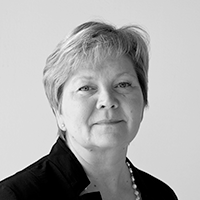
Paula Salmikangas
Director of Biopharmaceuticals & ATMP, NDA Group AB
Dr. Salmikangas is a clinical biochemist by original training, with a Ph.D. in muscle cell biology. Her main research work career has been in cell and molecular biology of various inherited diseases. Since 2006, she has been an Adjunct Professor of Biochemistry for the University of Helsinki. Dr. Salmikangas joined NDA in 2017 from her position as a Research Professor at the Finnish Medicines Agency (2003-2017). She has served as a member of the EMA Committee for Advanced Therapies (CAT) from 2009 to 2017 and as the Chair of the CAT 2014-2017. She has also been the Chair of EMA CPWP and a member of the BWP. Her main areas of expertise are biological medicinal products, especially advanced therapy medicinal products, CMC and immunogenicity aspects of biopharmaceuticals.
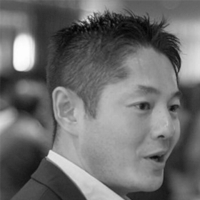
Shintaro Sengoku
Associate Professor, Graduate School of Innovation Management, Tokyo Institute of Technology
Shintaro Sengoku (Dr Sci., molecular biology, the University of Tokyo, Japan, 2001) is an Associate Professor and Principal Investigator of School of Environment and Society, Tokyo Institute of Technology and a Visiting Associate Professor of the Institute for Future Initiatives, the University of Tokyo. He has professional experience in advisory services at McKinsey&Company (2001-05) and Fast Track Initiative, Inc., a venture capital focusing on biotechnology and healthcare industries (2005-07); research and education experience in the field of management of technology and innovation research at Graduate School of Pharmaceutical Sciences, the University of Tokyo (2005-07), International Collaborative Center, Kyoto University (2008-09) and Institute for Integrated Cell-Material Sciences (WPI-iCeMS), Kyoto University (2009-14).
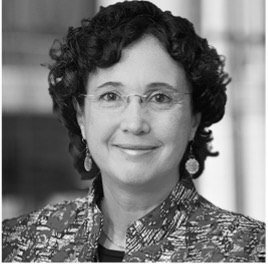
Laura Sepp-Lorenzino
Biotech executive, nucleic acid therapies
Laura Sepp-Lorenzino, Ph.D. is a biotech executive with expertise in drug development, particularly in nucleic acid therapies. She currently serves on the board of directors of Taysha Gene Therapies, AskBio Biopharmaceutical, Sail Medicines, the Alliance for Regenerative Medicine, and the American Association of Cell and Gene Therapy.
Previously, Laura was Chief Scientific Officer at Intellia Therapeutics (2019–2025), where she played a pivotal role in shaping the company’s strategic direction, fostering a robust and diversified CRISPR platform, and driving groundbreaking advances in in vivo genome editing. Under her leadership, Intellia demonstrated the first successful in vivo genome editing in humans and advanced two candidates into pivotal trials. Before Intellia, she served as VP, Head of Nucleic Acid Therapies at Vertex Pharmaceuticals, as well as VP and entrepreneur-in-residence at Alnylam Pharmaceuticals, and Executive Director of RNA Therapeutics at Merck & Co.
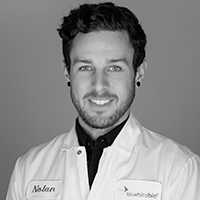
Nolan Sutherland
Senior Scientist, Ring Therapeutics
Nolan Sutherland graduated from the University of Massachusetts, Amherst with a BS in Biochemistry and Molecular Biology where his research areas of focus were on molecular cloning and RNAi. Over the past 10 years he has worked in both Upstream and Downstream Process Development roles, getting his start in the area of enzyme replacement therapies before being hired into the Vector PD team at bluebird bio. Since that time, the majority of Nolan’s work has been on developing suspension-based lentiviral vector production systems for commercial manufacturing. His areas of focus include process development, optimization and improvement at the miniature and bench-scales, nanoparticle analysis and characterization, as well as scale-up and tech transfer.
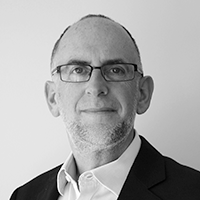
Jan Thirkettle
Chief Executive Officer, Harness Therapeutics
Jan is the CEO of Harness Therapeutics (formerly Transine Therapeutics), a UK based RNA platform company developing protein-upregulation therapeutics for neurodegenerative diseases. He has more than 25 years’ experience of pharmaceutical development and has played a leadership role in the commercialisation of therapeutics across all modalities. Jan joined Harness from Freeline Therapeutics where he was start-up CEO and CDO overseeing establishment of a platform for a novel AAV capsid, and programme management. Prior to this Jan held roles at GSK spanning from Discovery to Manufacturing, latterly establishing the cell/gene therapy platform and playing a pivotal role in the commercialisation of Strimvelis. Jan also serves on the Board for a seed-stage epilepsy gene therapy startup, currently in stealth mode, and also the Regulatory sub-committee for the American Society of Cell and Gene Therapy. Jan holds an MA in Chemistry and a DPhil in Biological Chemistry from the University of Oxford.
Adrian Thrasher
Professor of Paediatric Immunology and Wellcome Trust Principal Research Fellow at the UCL Great Ormond Street Institute of Child Health (UCL GOSICH)
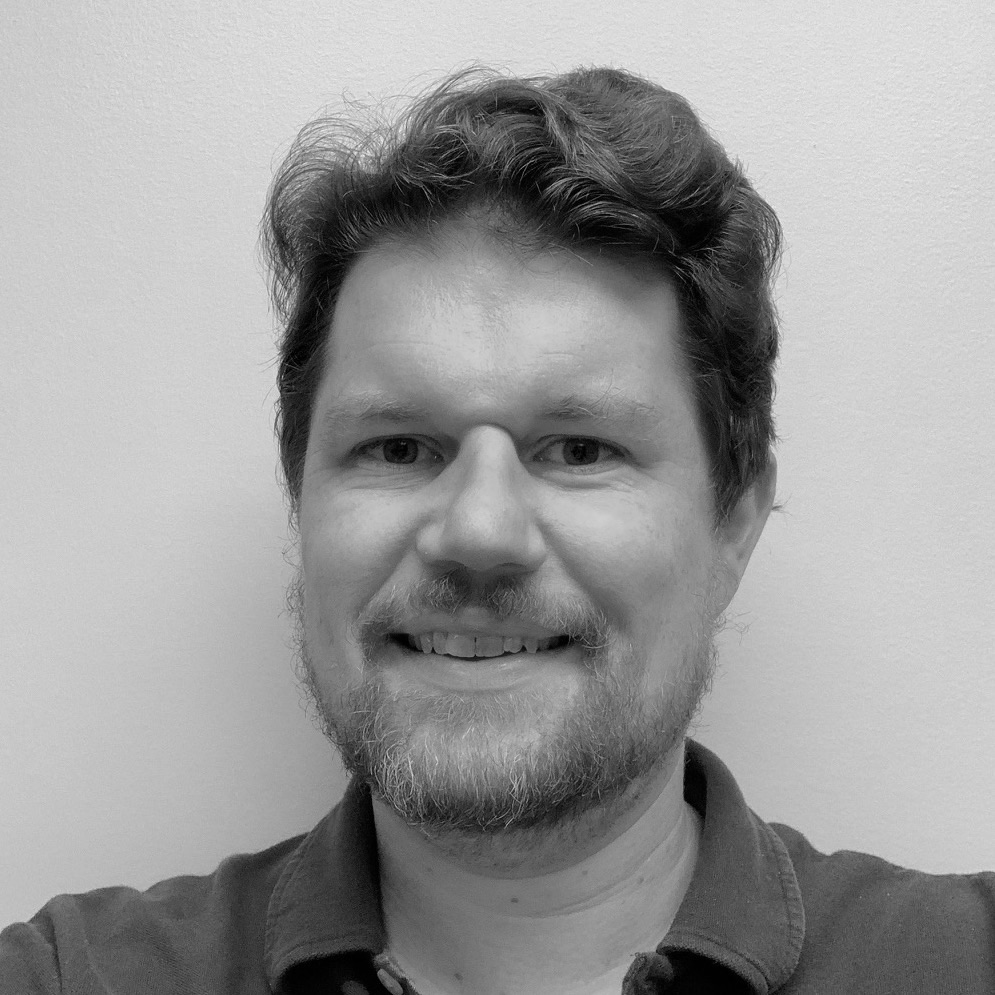
Andrew D. Tustian
Senior Director, Preclinical Manufacturing and Process Development, Regeneron Pharmaceuticals
Andrew leads the viral vector process development group at Regeneron Pharmaceuticals, focused on developing bioprocesses for Adeno-associated virus (AAV) based viral vectors. Andrew has worked at Regeneron since 2009. Prior to moving to gene therapy Andrew co-led the purification development group for protein therapeutics, working on Fc-fusion, monoclonal antibody, and bispecific processes. He has worked on the process development for the FDA-approved drugs Dupixent®, Libtayo®, Inmazeb™, Kevzara®, Evkeeza™ and Praluent®, and helped develop the bispecific antibody platform at Regeneron. Andrew received his doctorate in biochemical engineering from University College London and his undergraduate masters in biochemistry from the University of Oxford.
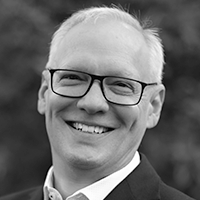
Phil Vanek
CTO & Partner, Gamma Biosciences
General Manager of GE Healthcare’s Cell and Gene Therapy business development and strategy, a business formed to address the unique challenges of cell and gene therapy manufacturing and distribution. Prior to joining GE, Phil was Head of Business Development for Cell Therapy, and later Head of Innovation for Lonza’s life science business. Phil’s career has included a number of innovation, business and market development roles at Becton Dickinson, Invitrogen, and Life Technologies, as well as two start-up biotechnology companies in the Washington, DC area. Additionally, Phil was an Instructor for Johns Hopkins University Advanced Academic Programs teaching Biotechnology Marketing in the Masters of Biotechnology / MBA program. Phil received his Ph.D. in Biochemistry and Molecular Biology from Georgetown University Medical Center and subsequently held an IRTA fellowship at the National Cancer Institute in the Laboratory of Molecular Oncology and the Hollings Cancer Center in Charleston, South Carolina. Phil is an active board member of the Alliance for Regenerative Medicine and the ARM Foundation, as well as the Centre for Commercialization of Regenerative Medicine (CCRM) in Toronto. Additionally, Phil serves on several advisory boards in both not-for-profit and for-profit organizations and associations. Phil has published a number of industry position pieces and serves on the Editorial Board of Cell and Gene Therapy Insights.
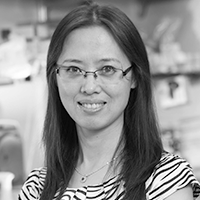
Xiuyan Wang
Assistant Director, Michael G.Harris Cell Therapy & Cell Engineering Facility, Associate Laboratory Member, Department of Molecular Pharmacology, Memorial Sloan Kettering Cancer Center
Dr. Wang was trained by Dr. Adolfo García-Sastre and received her Ph.D. in Biomedical Sciences from the Mount Sinai School of Medicine in New York. She joined Dr. Peter Cresswell’s laboratory in the Department of Immunology at Yale University as a Howard Hughes Medical Institute fellow, and later as a Cancer Research Institute postdoctoral associate. Dr. Wang joined Memorial Sloan Kettering Cancer Center in 2007, and is currently the Associate Director of the Michael G Harris Cell Therapy and Cell Engineering Facility, and an Associate Lab Member in the Department of Molecular Pharmacology. Dr. Wang is in charge of the R&D, process development and manufacturing. She has overseen the successful manufacturing of all the CAR T cell products used in 13 phase I/II clinical trials, over 20 batches of cGMP grade viral vectors, as well as tech transfers to multiple industrial partners. She served in the translational science and product development committee in the American Society of Gene and Cell Therapy (ASGCT). She is currently a member for the National Heart, Lung and Blood Institute (NHLBI) independent external expert panel and a committee member for the Alliance of Regenerate Medicine (ARM) and the National Institute for Innovation in Manufacturing Biopharmaceuticals (NIIMBL).
Mike West
Founder & CEO, AgeX Therapeutics, Inc.
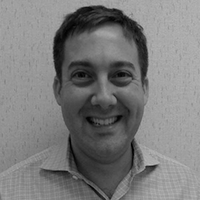
Christopher Wiwi
Vice President Technical Operations, Mnemo Therapeutics
Prior to joining Mnemo Therapeutics, Chris Wiwi served as the Technical Commercialization Team lead for bb2121, Celgene’s 1st in class anti-BCMA CAR T product for patients with relapsed refractory multiple myeloma. His team was responsible for ensuring a successful global launch of bb2121, in collaboration with Celgene’s partner, bluebird bio. Chris worked on the bb2121 program since its inception, in both functional leadership and team leadership roles. Most recently, he served as the CMC team lead, where he was responsible for all CMC aspects of bb2121 from IND phase to global registration. Under Chris’ leadership, the bb2121 team initiated clinical development in the United States, Europe, Canada and Japan, and completed enrollment for bb2121’s global registration study, KarMMa-1. Previously, Chris was head of Analytical Research & Development for Celgene’s cell therapy organization, where he built and led the analytical development, validation and QC teams that were responsible for the advancement of multiple novel cellular therapy and biomaterials candidates from research to clinical manufacturing. Chris is a recognized leader in the cell therapy field internally and externally. He is a graduate of Celgene’s accelerated leadership program (Catalyst) reserved for top talent across the organization. Chris is very active in coaching and mentoring staff and was recently nominated for Celgene’s Mentor of the Year award. Chris is regularly invited to speak at external conferences, serves on the board of directors for the Standards Coordinating Body and has been active in the Alliance for Regenerative Medicine. Prior to joining Celgene, Chris worked in biologics at Schering-Plough and Merck as a leader in large molecule analytics. Chris received his B.S. in Biology from the University of Notre Dame, his Ph.D. in Cell and Molecular Biology from Boston University, and carried out postdoctoral work at Johnson & Johnson.
 2.jpg)
Lynn Zechiedrich
Kyle & Josephine Morrow Chair & Professor in Molecular Virology & Microbiology, Baylor College of Medicine
Lynn Zechiedrich Ph.D. is the Kyle and Josephine Morrow Chair and Professor in Microbiology at Baylor College of Medicine. She developed minivectors to study DNA function, the enzymes that act on DNA, and the antibiotic and anticancer drugs that inhibit those enzymes. Minivectors also proved to be excellent gene therapy delivery vectors. She holds multiple patents that are licensed to Twister Biotech, Inc., a company she founded in 2011, and has multiple patents pending. Among other honors, she is a Fellow of the National Academy of Inventors and a Fellow of the American Association for the Advancement of Science. At her college, she received the BRASS mentor of the year award, a Woman of Excellence Award, and the Barbara and Corbin J. Robertson, Jr. Presidential Award for Excellence in Education.
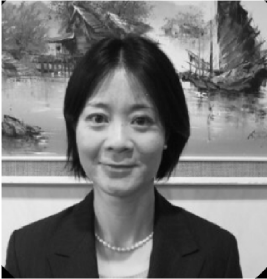
Yan Zhi
Director, Cell and Gene Therapy Product Owner, Process Engineering, CSL Behring
After postdoctoral research training with Dr. James M. Wilson at Institute of Human Gene Therapy, University of Pennsylvania, Yan had spent over 15 years in global contract testing organizations (WuXi AppTec and Charles River Laboratories) to provide scientific leadership to Biologics testing services with the strong focus on cell and gene therapy industry as well as a global contract development and manufacturing organization (Fujifilm Diosynth Biotechnologies) to design cell and gene therapy product development programs from clinical to commercial manufacturing. In 2020, Yan joined Spirovant Sciences, Inc. to lead the analytical development and develop CMC strategy of a novel serotype AAV based in vivo gene therapy product for IND submission. Since 2022, Yan has been a core team member for technical transfer and the CMC lead working with regulatory, quality, and supply teams at CSL Behring to ensure the commercial supply of Hemgenix as well as regulatory submissions to additional countries. Yan received a PhD in Microbiology and Molecular Genetics from University of California, Irvine, and a BA in Molecular Biology from University of Science & Technology of China. She is a leading author and co-author of numerous publications in peer-reviewed scientific journals and a patent holder.